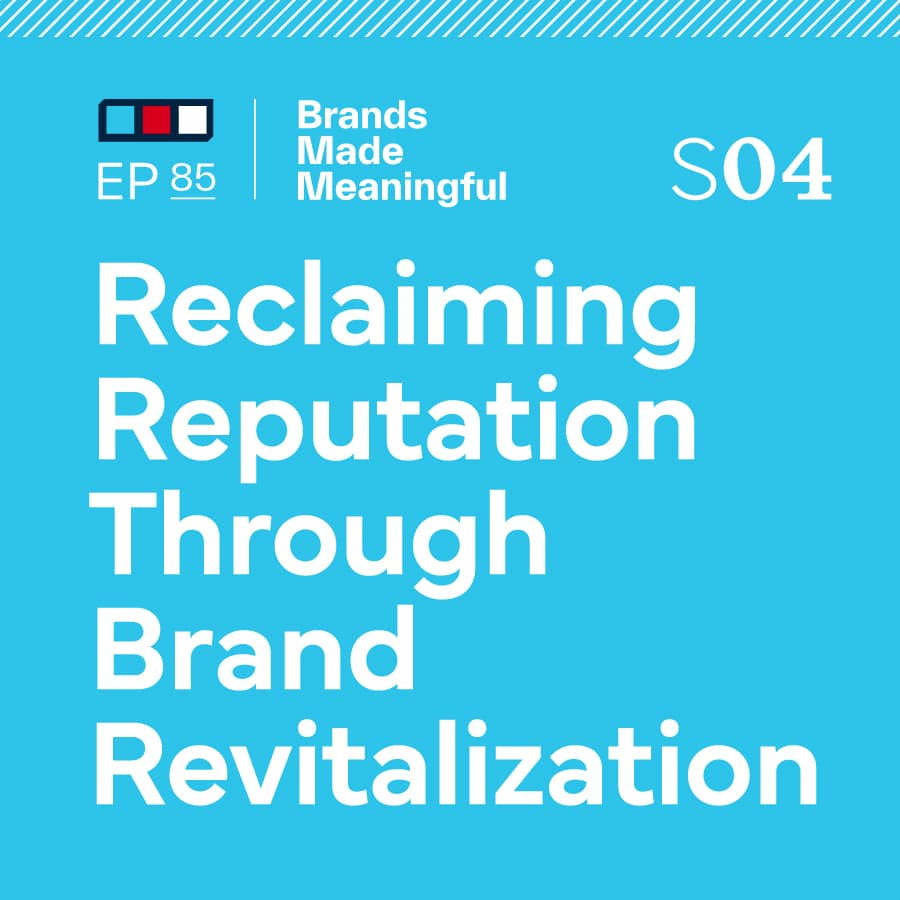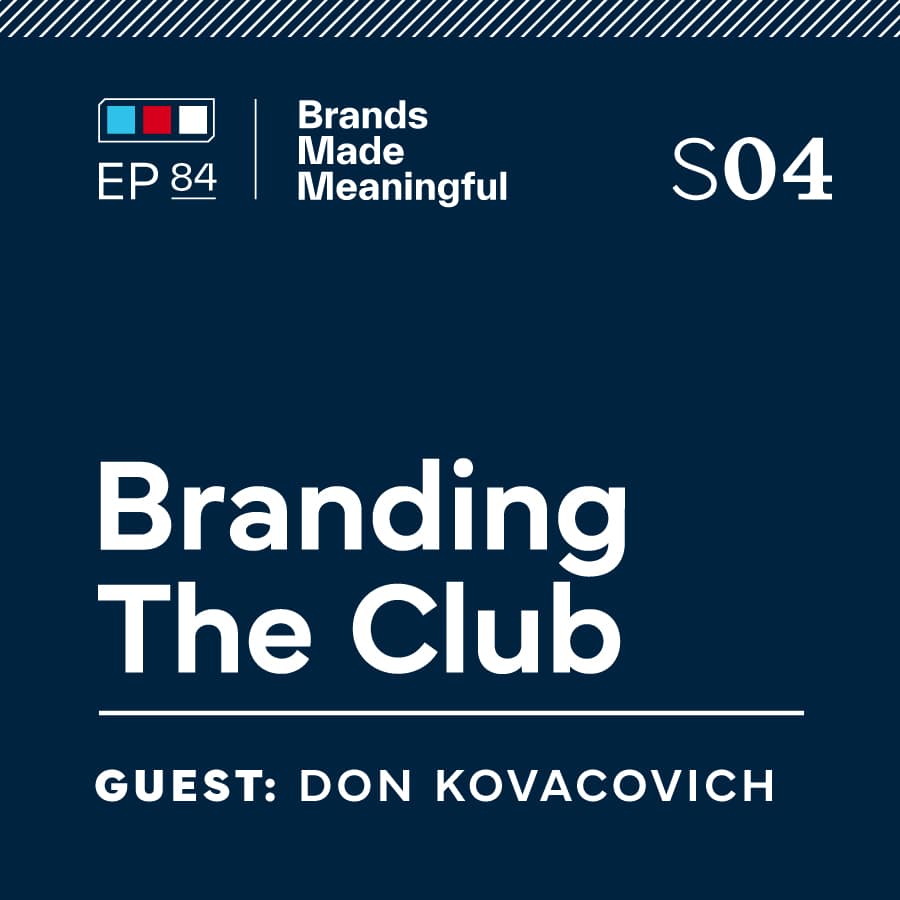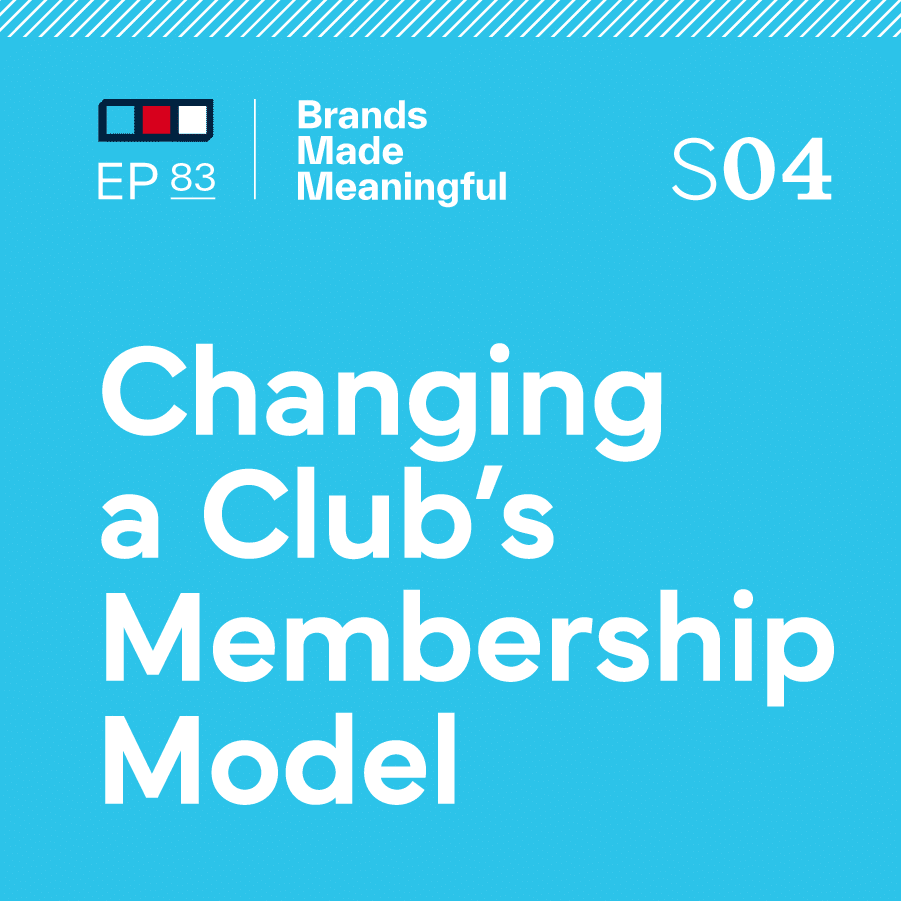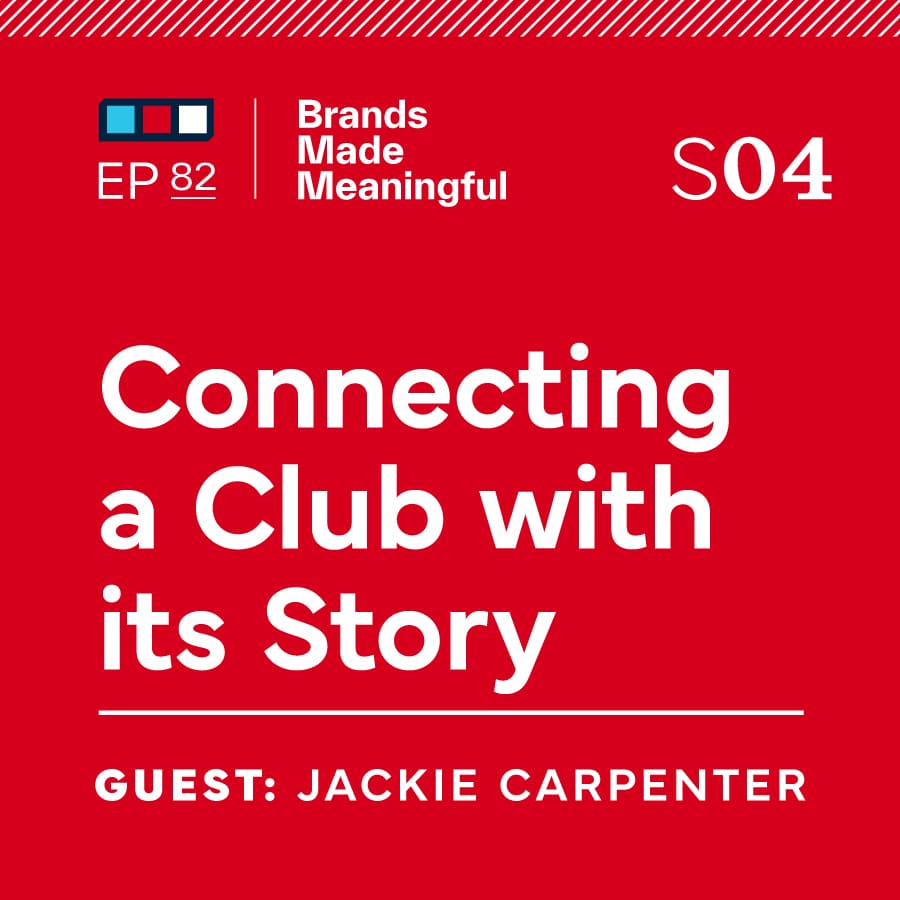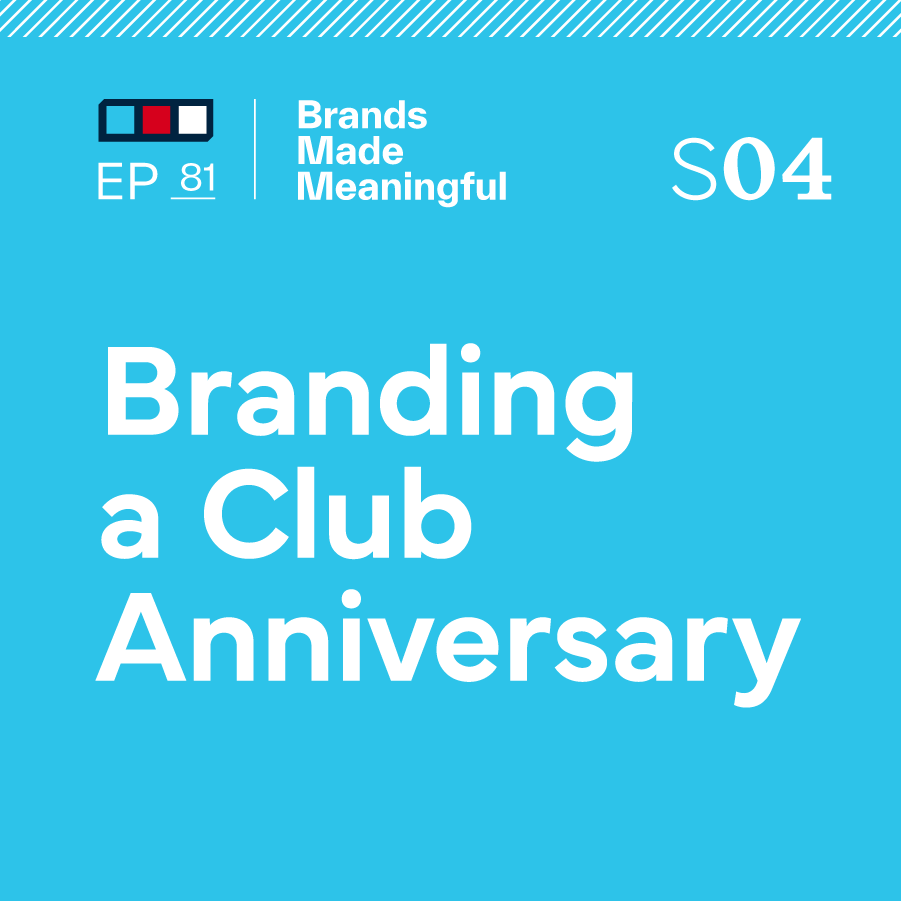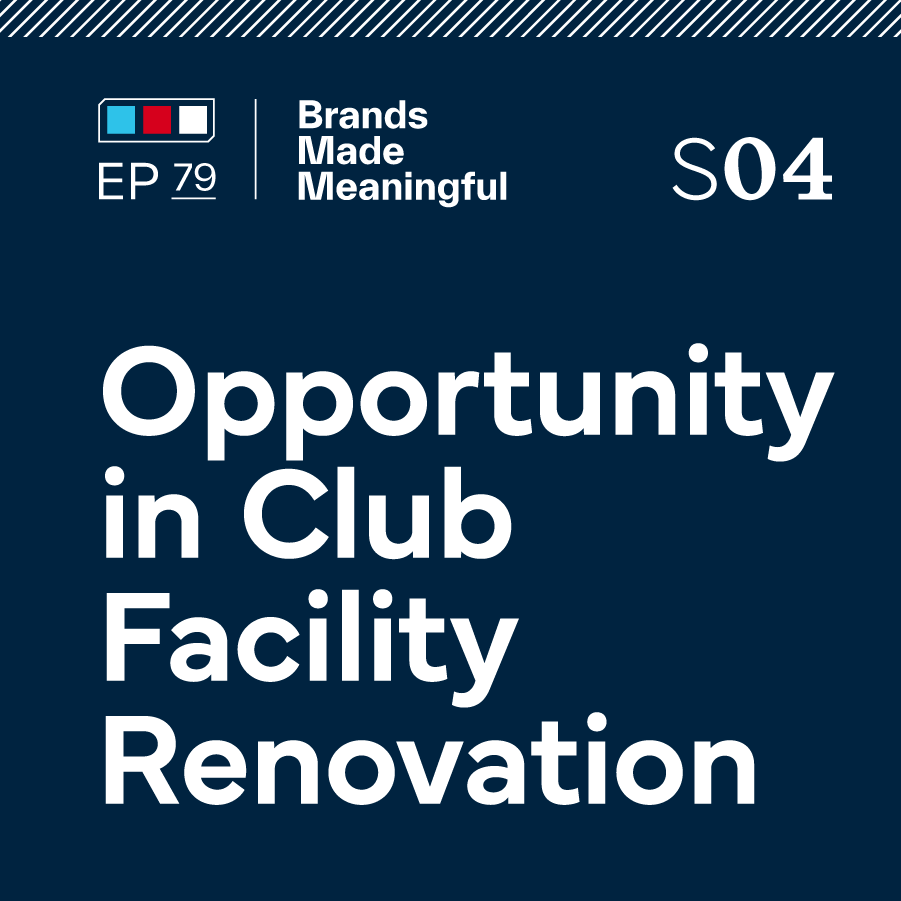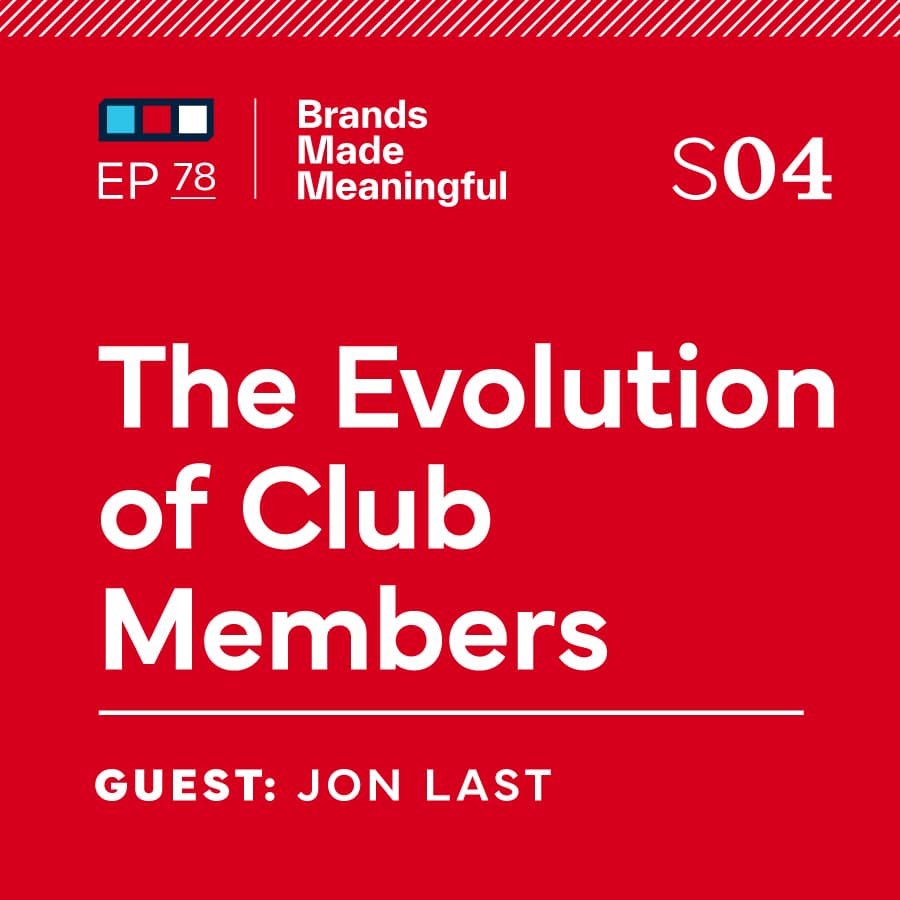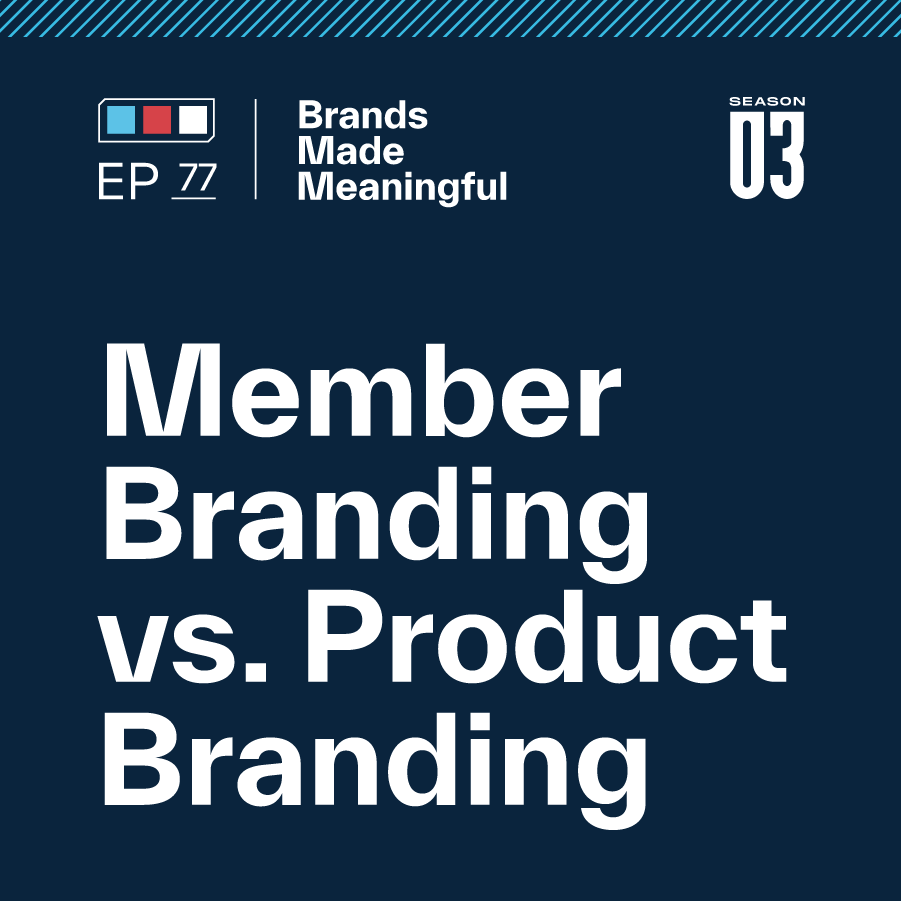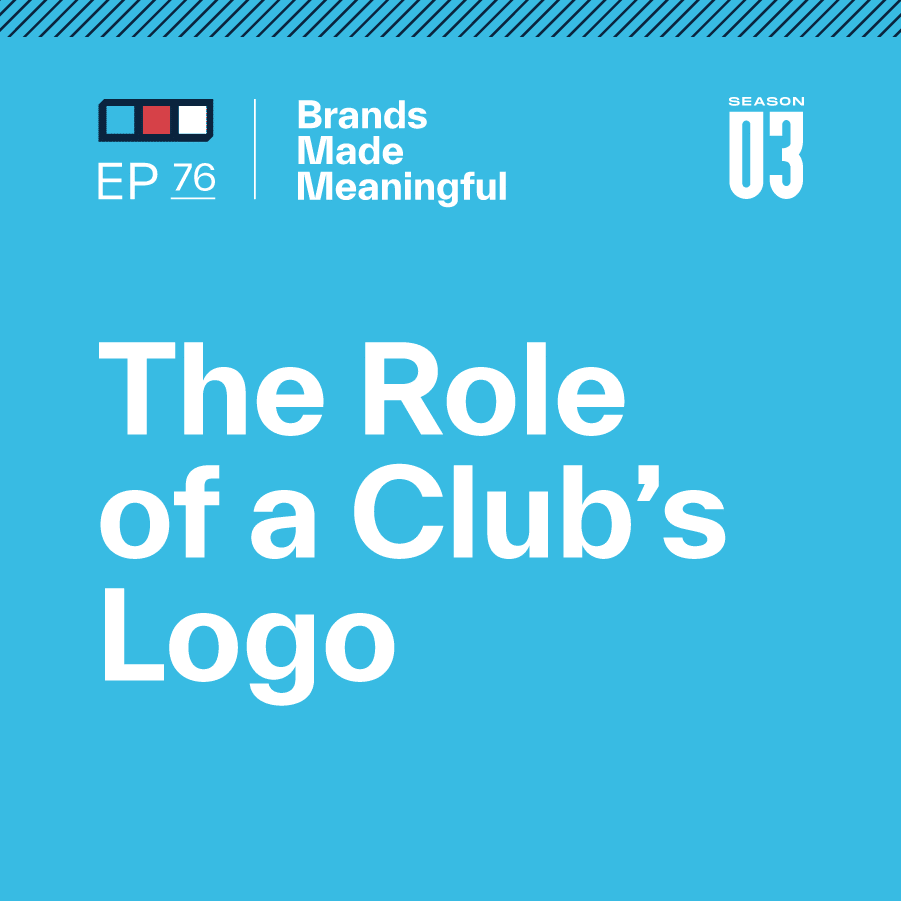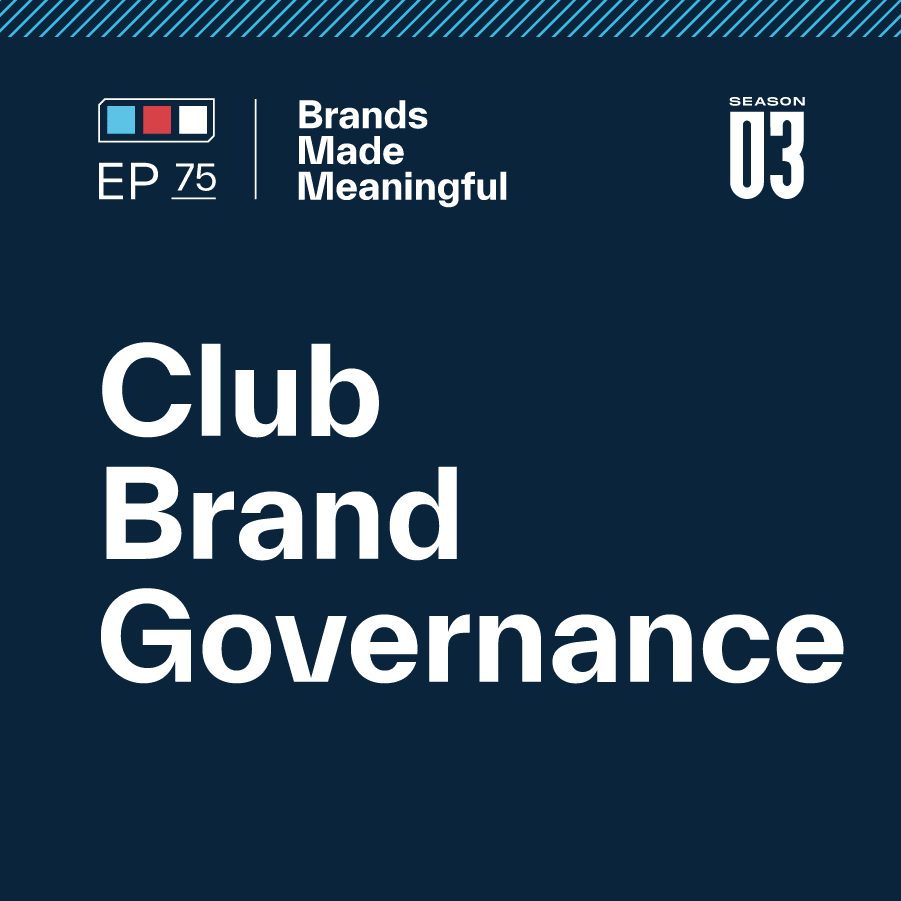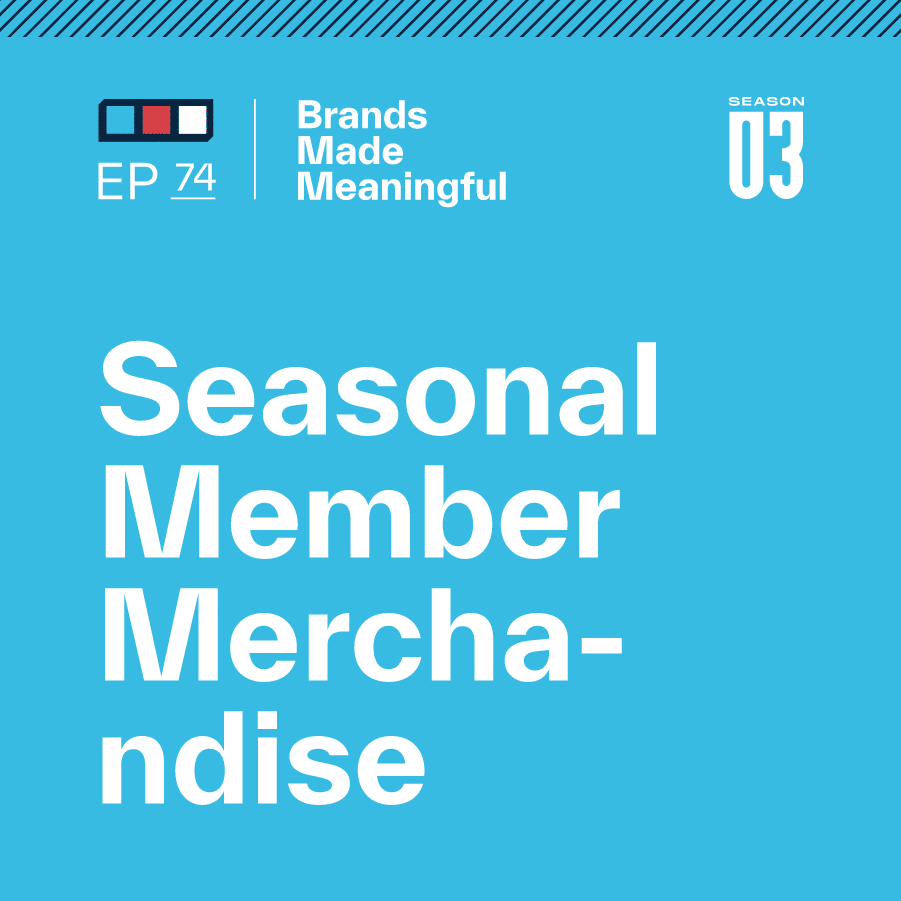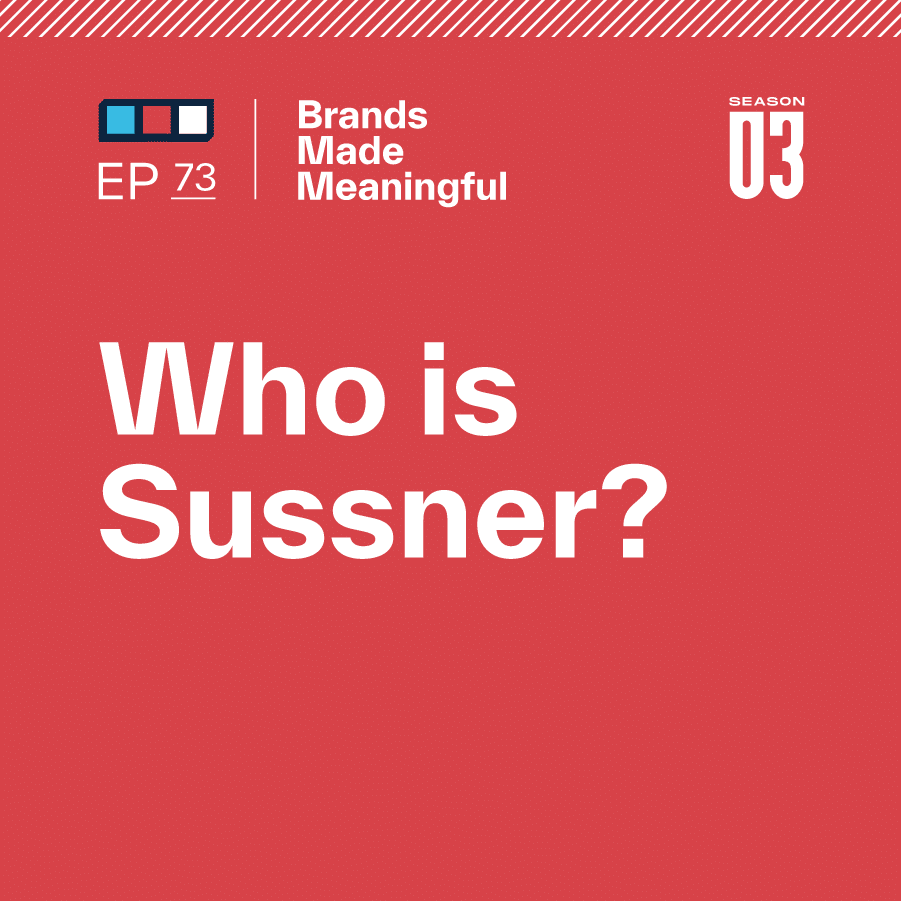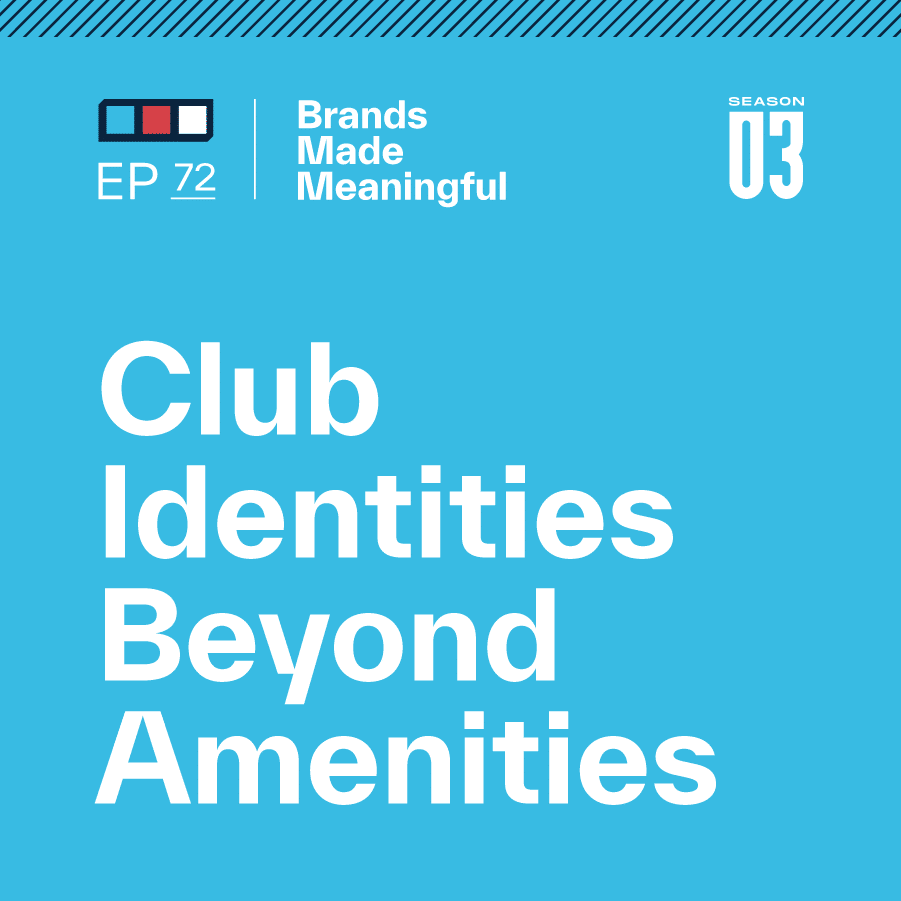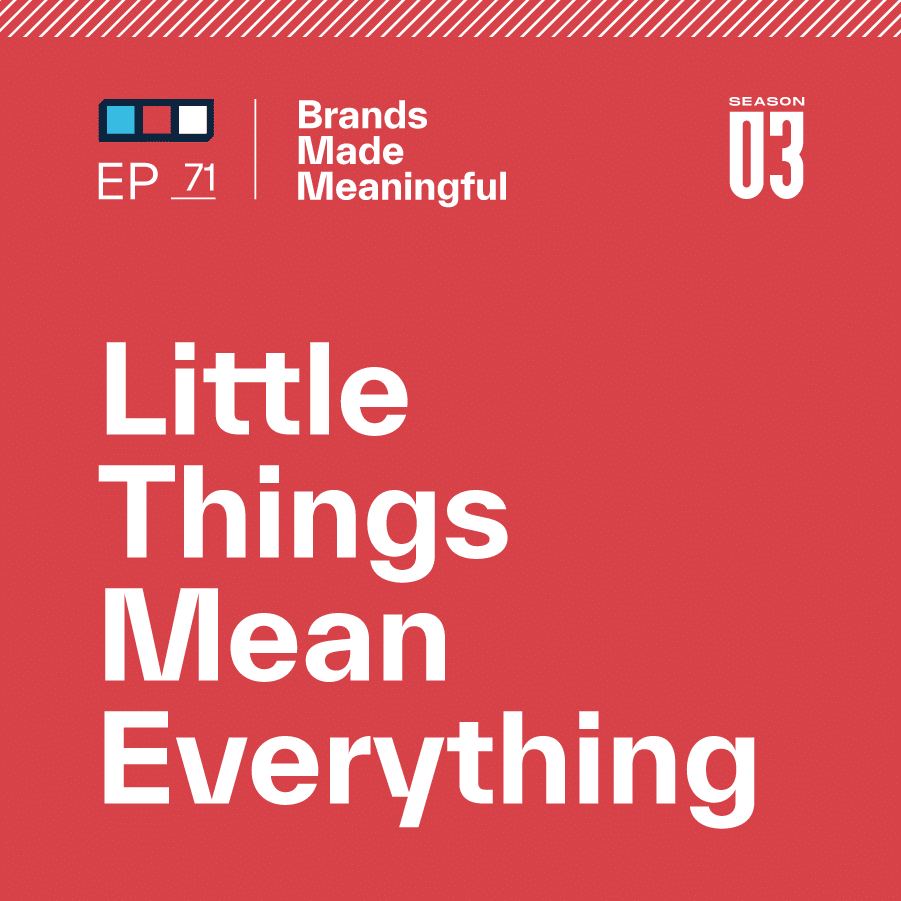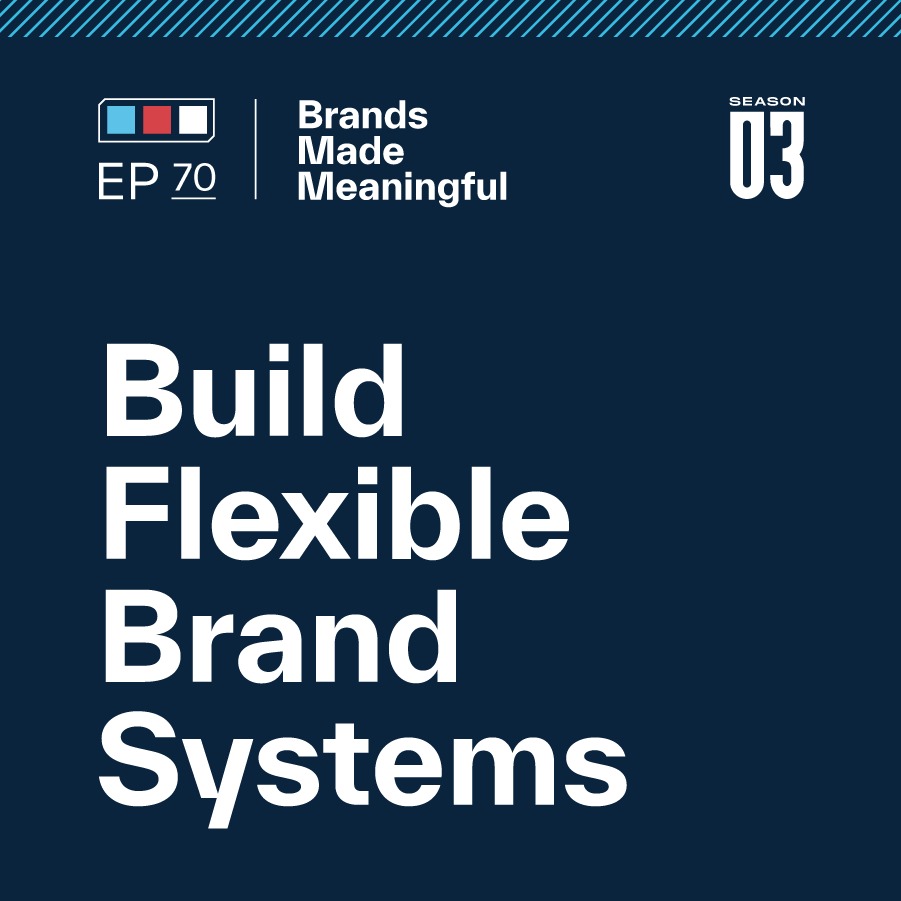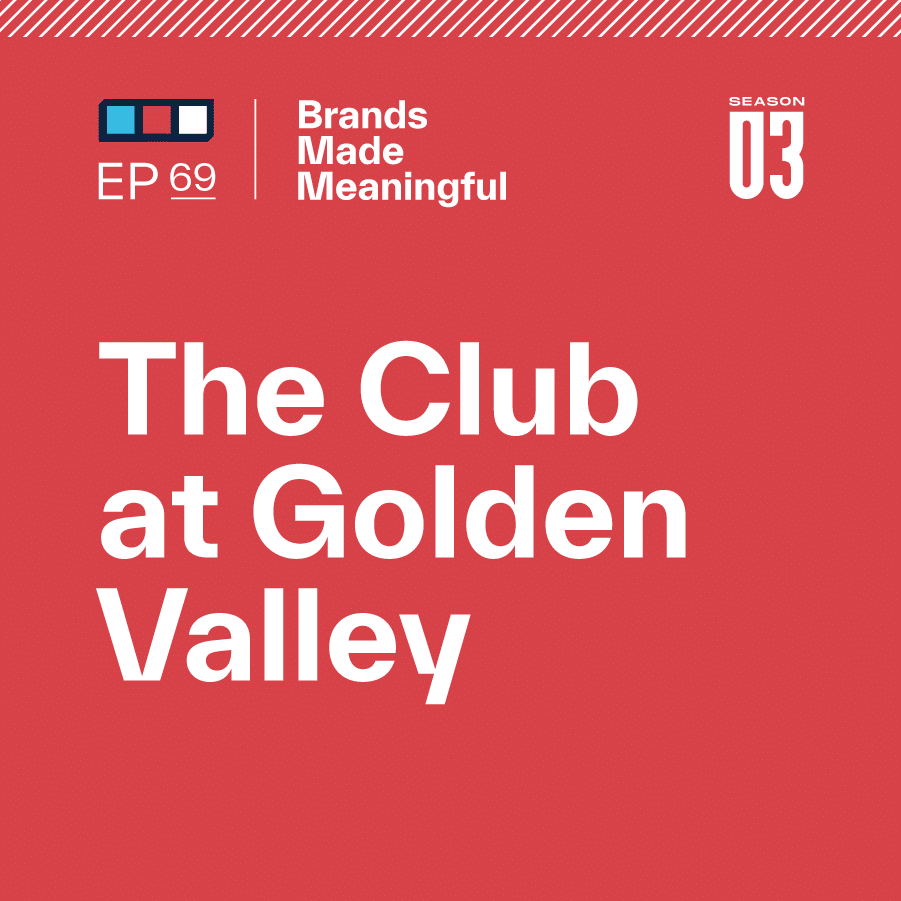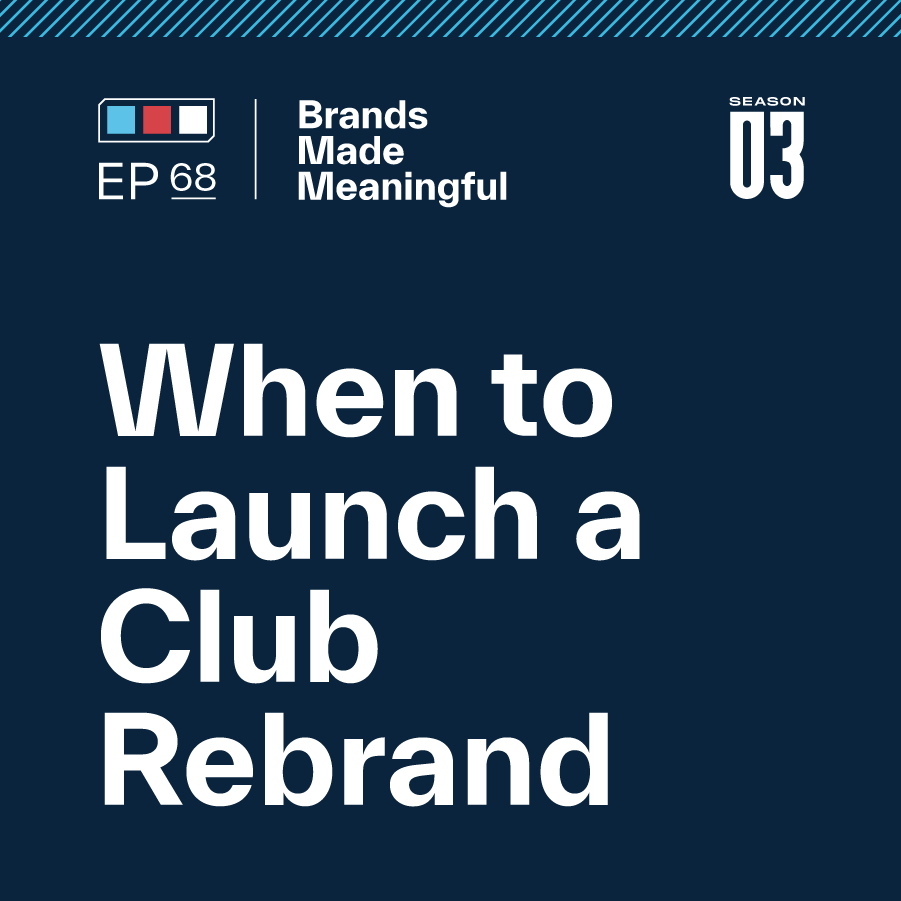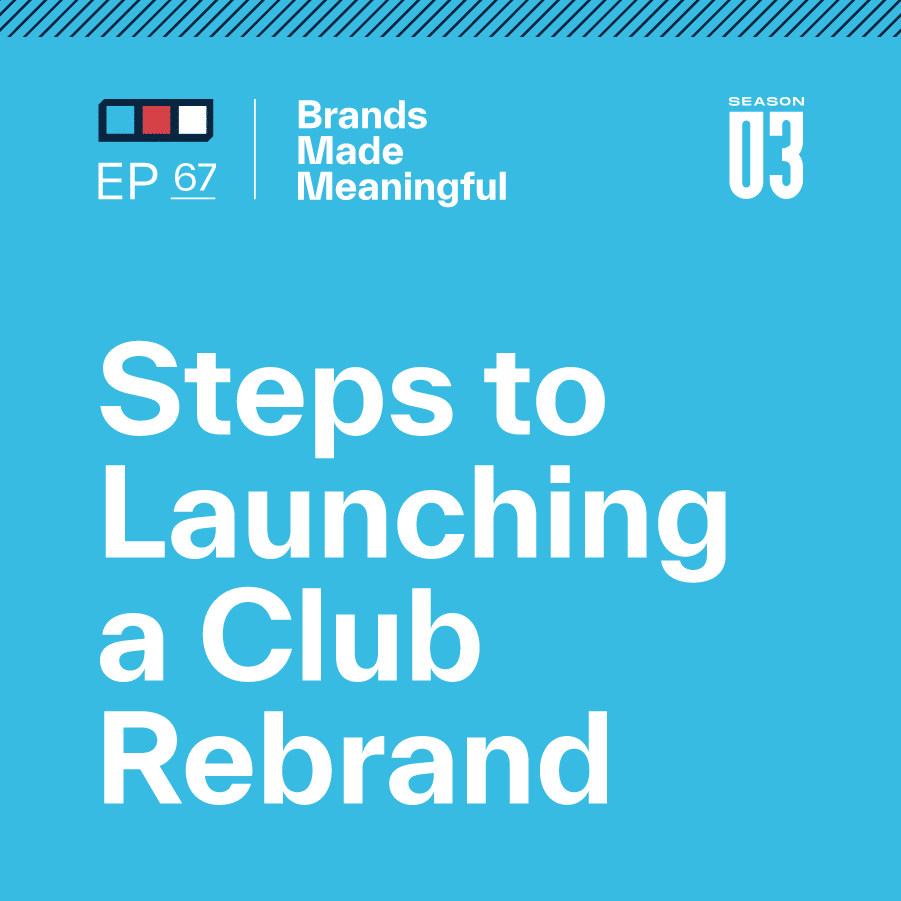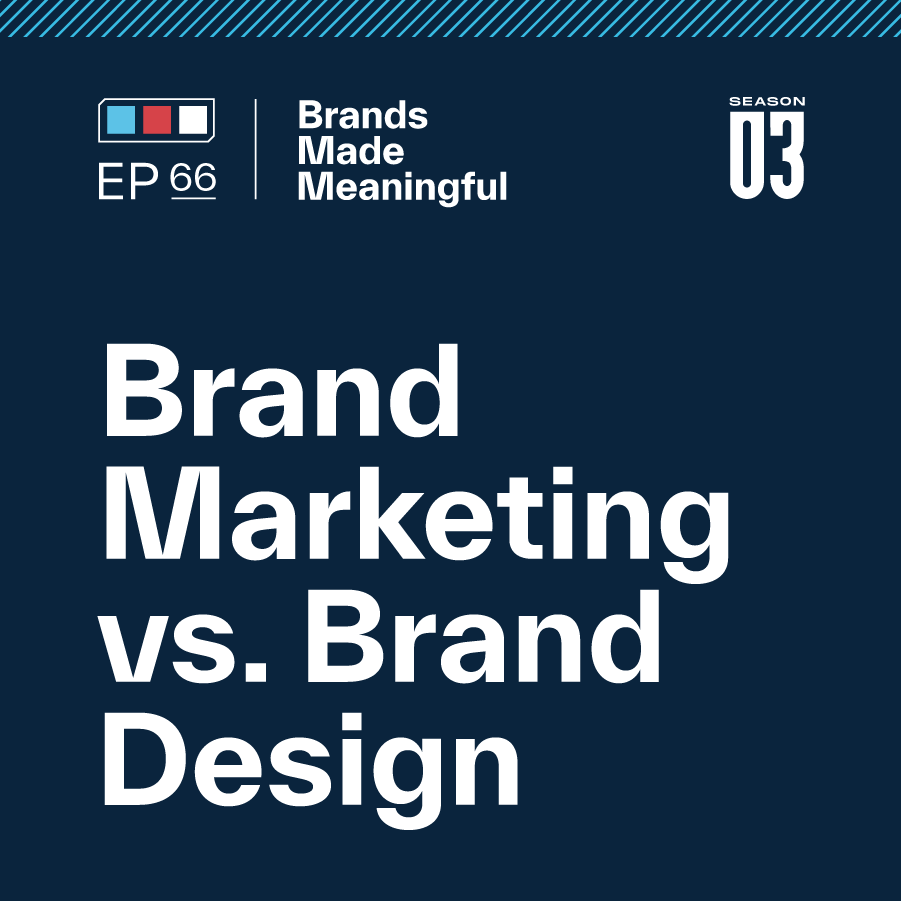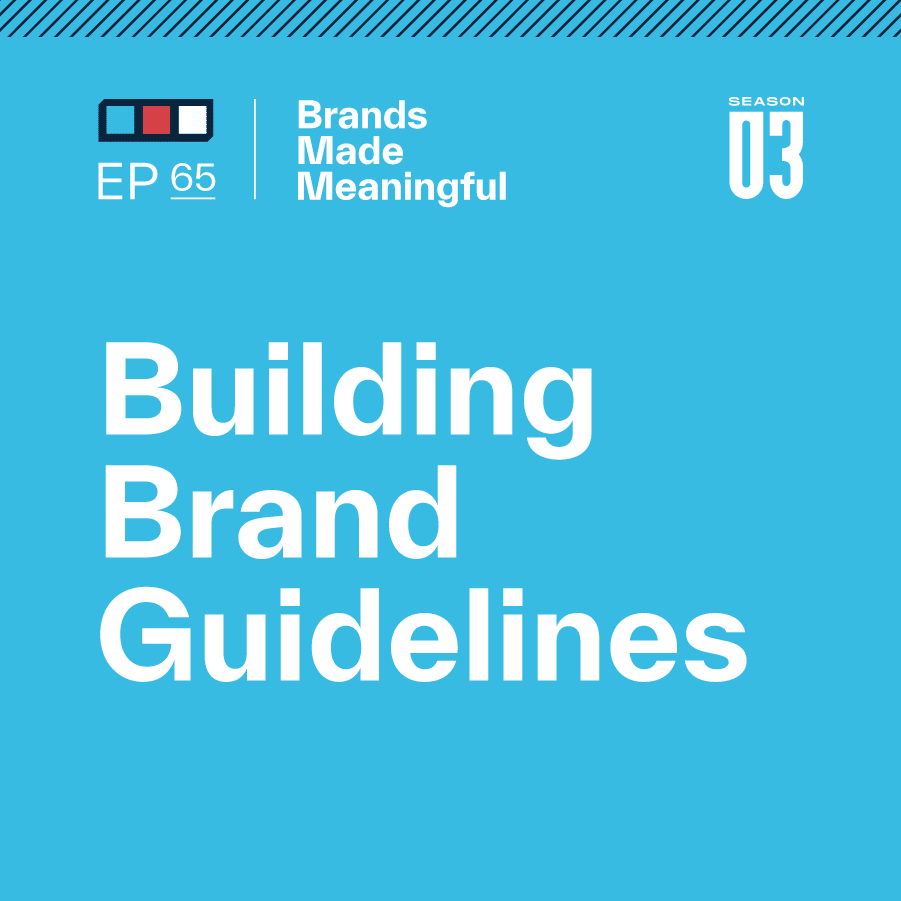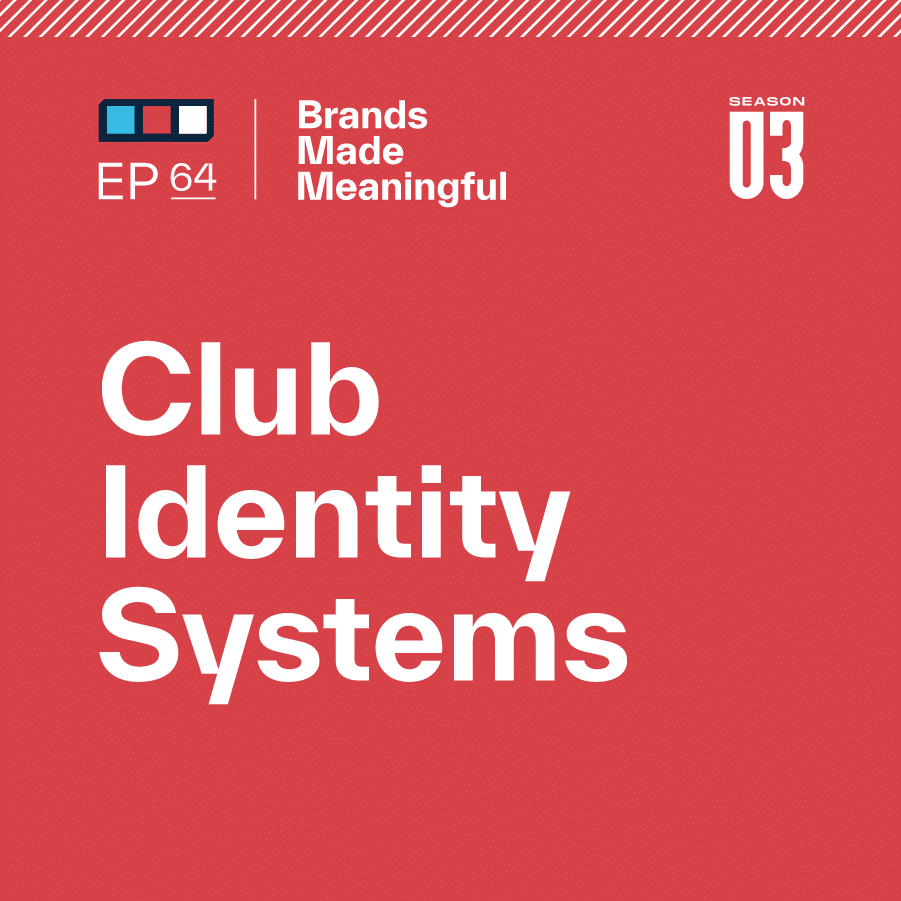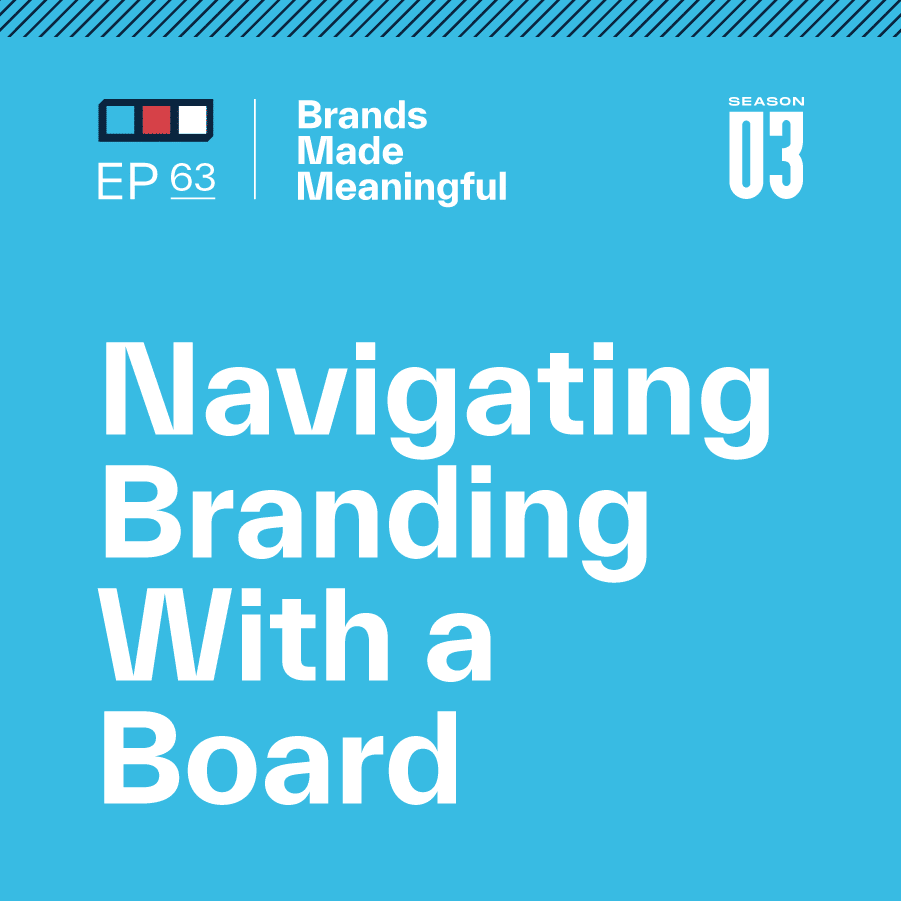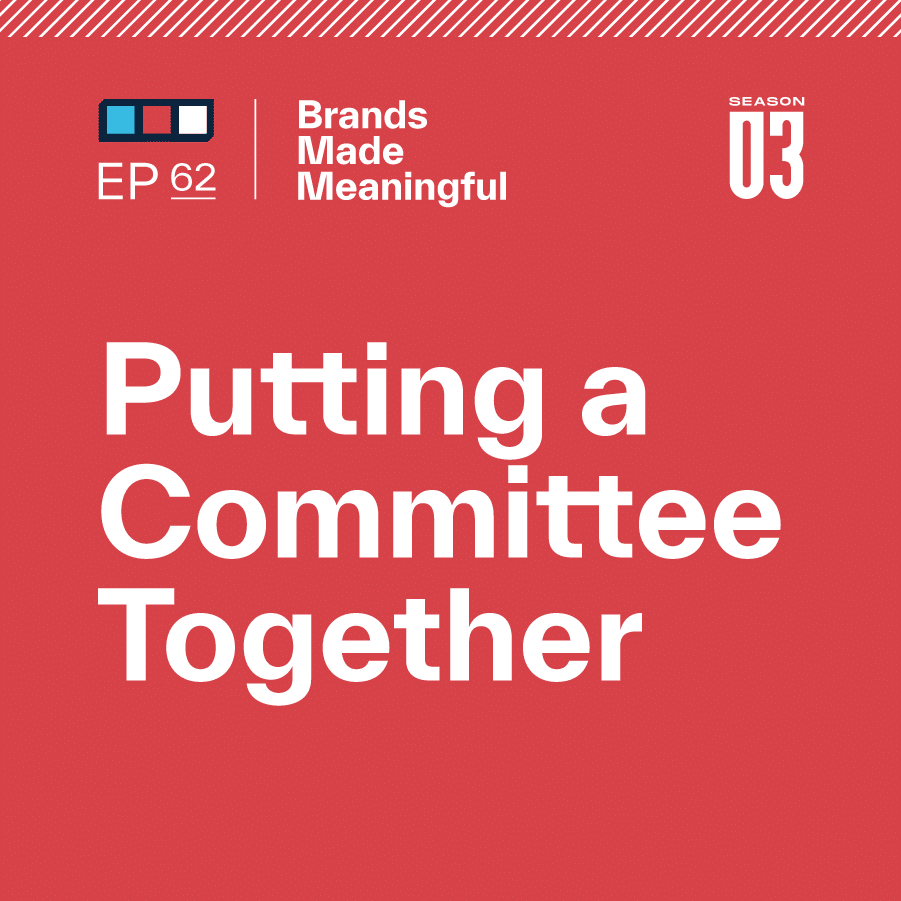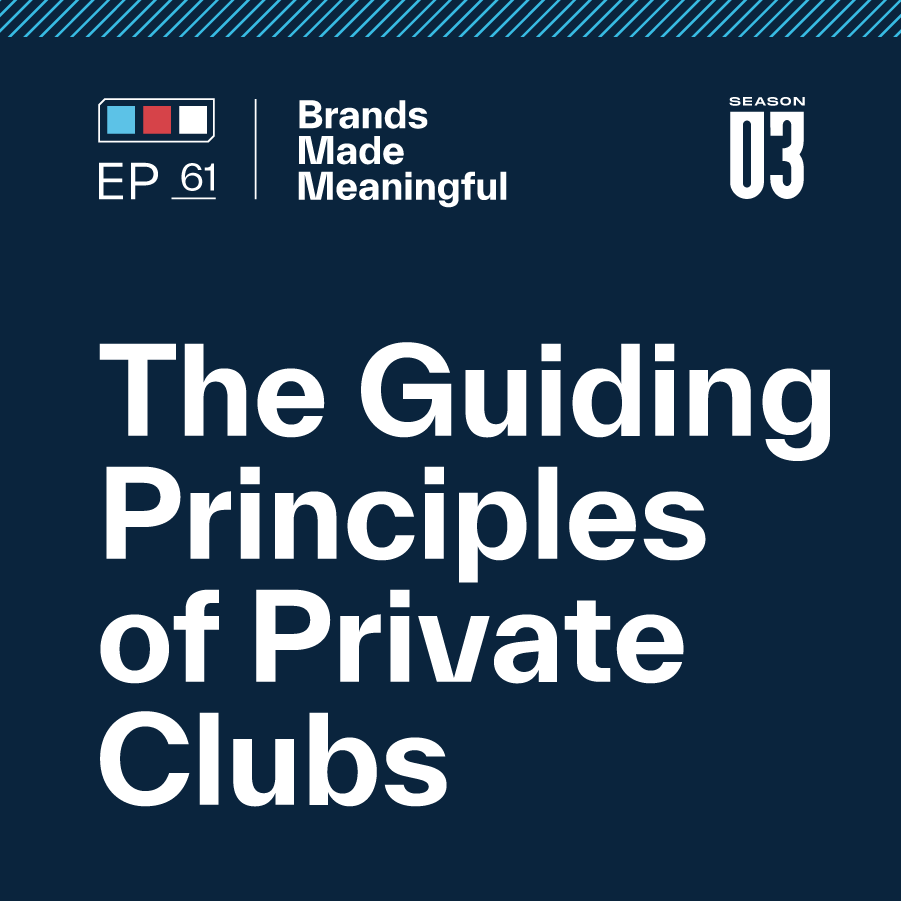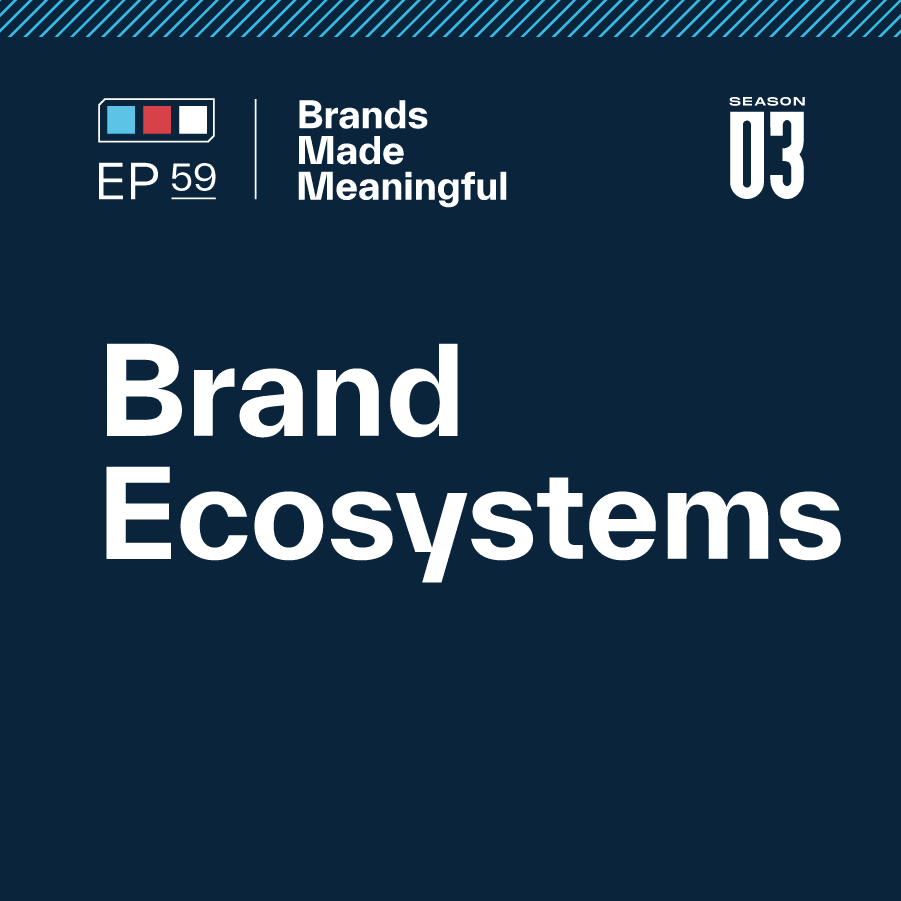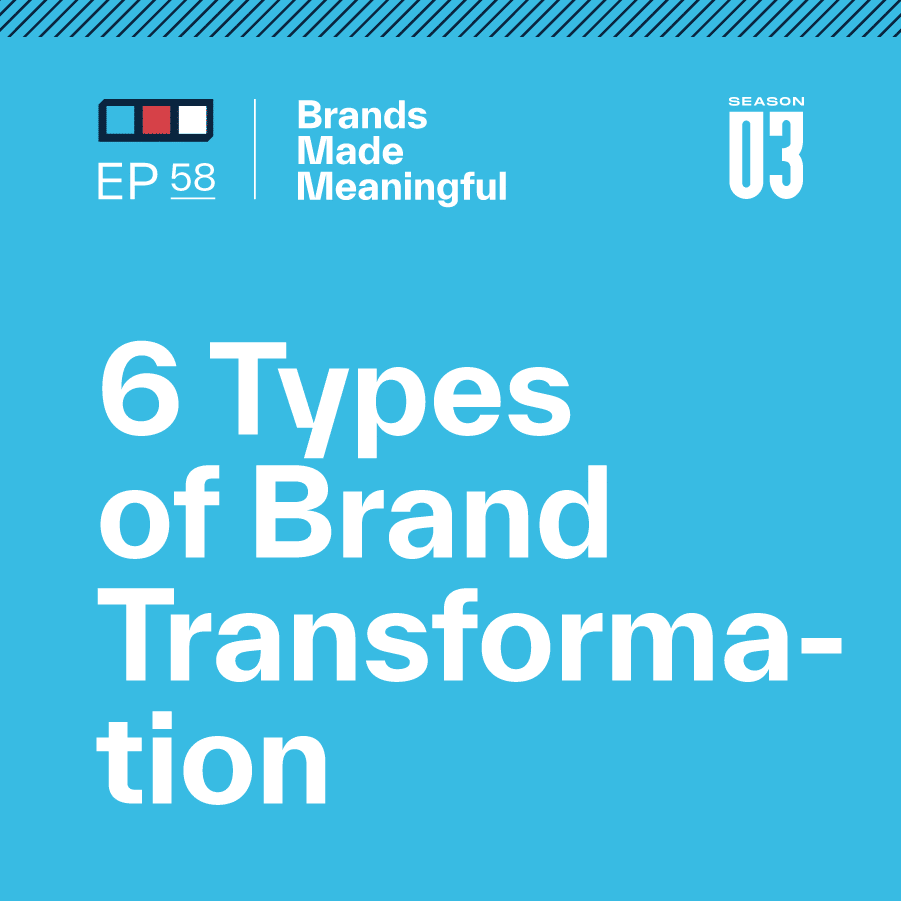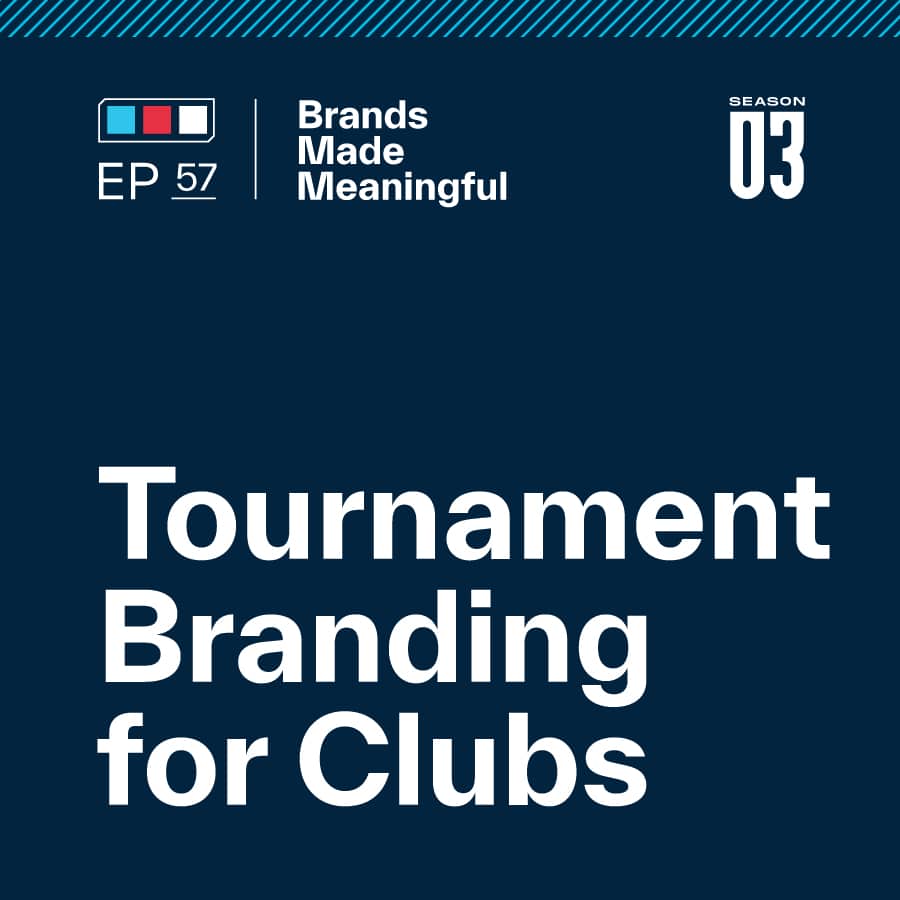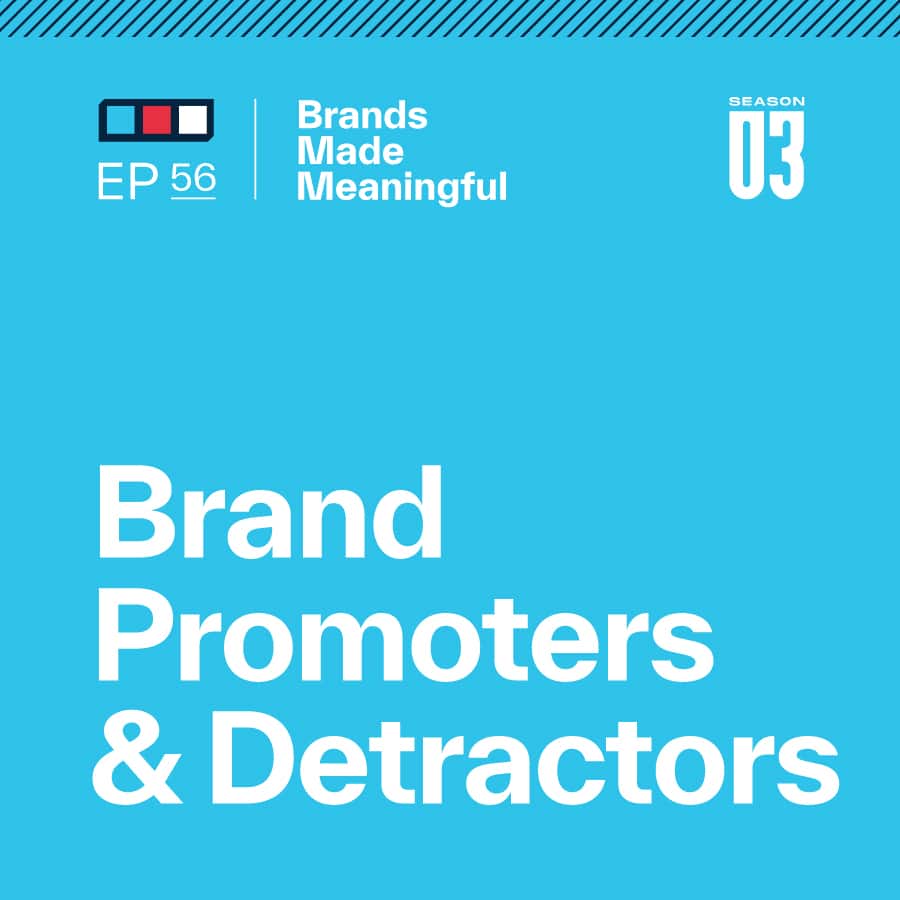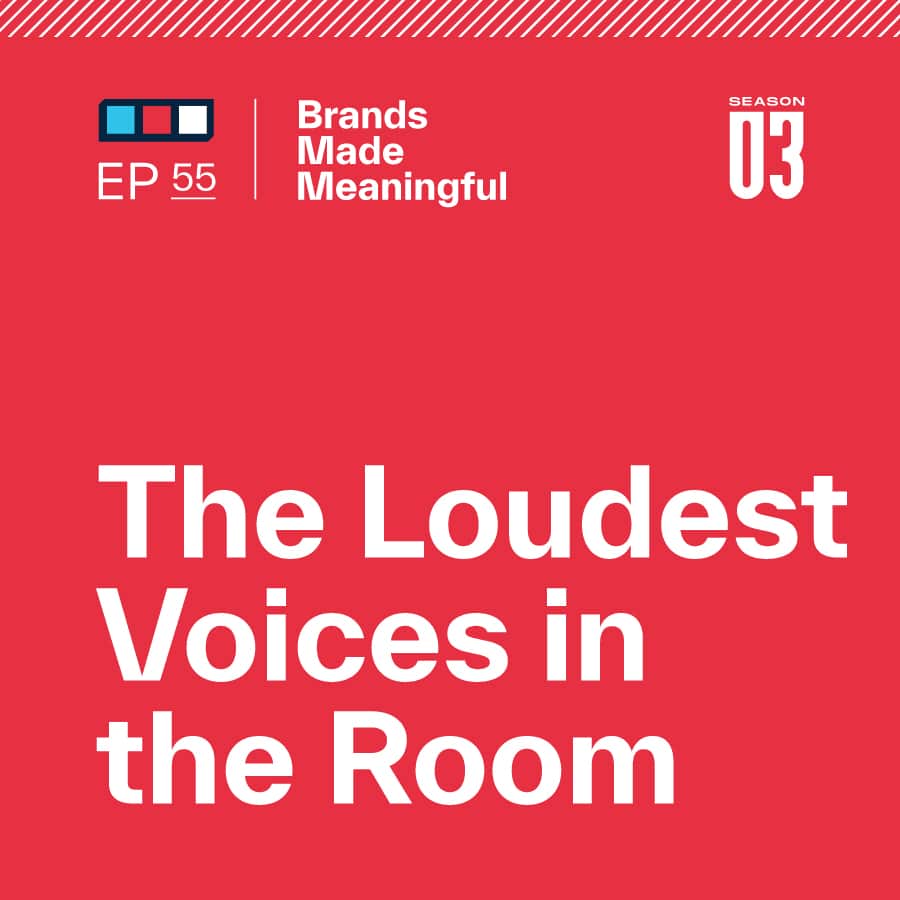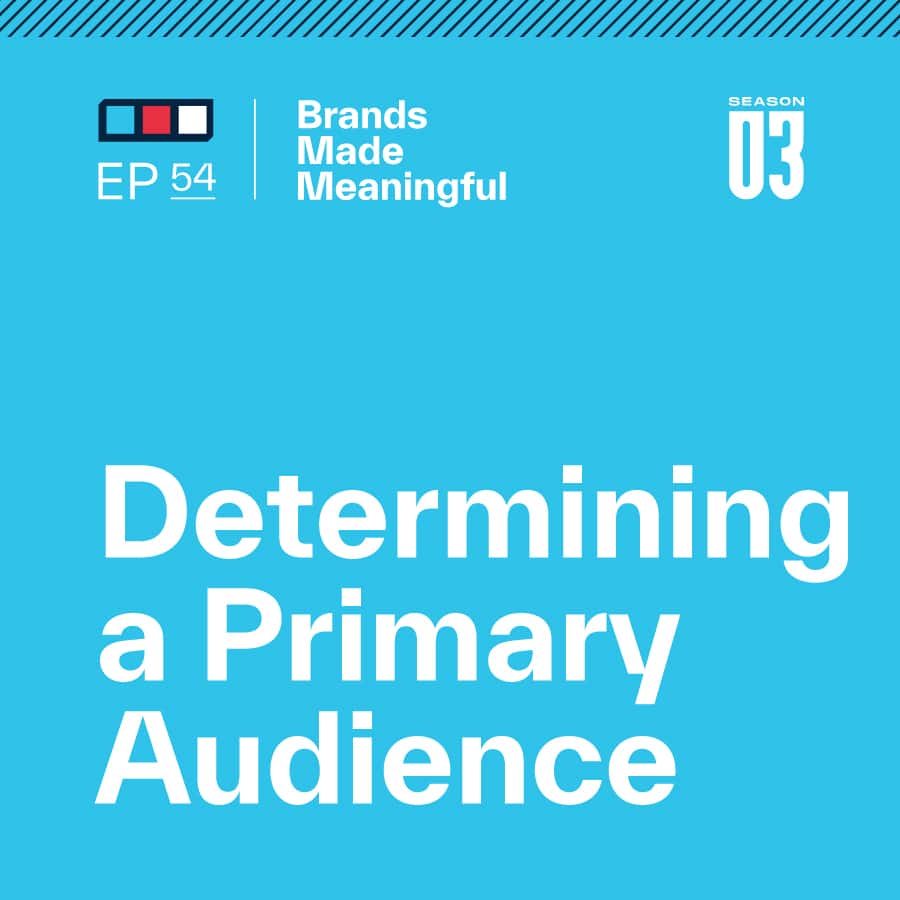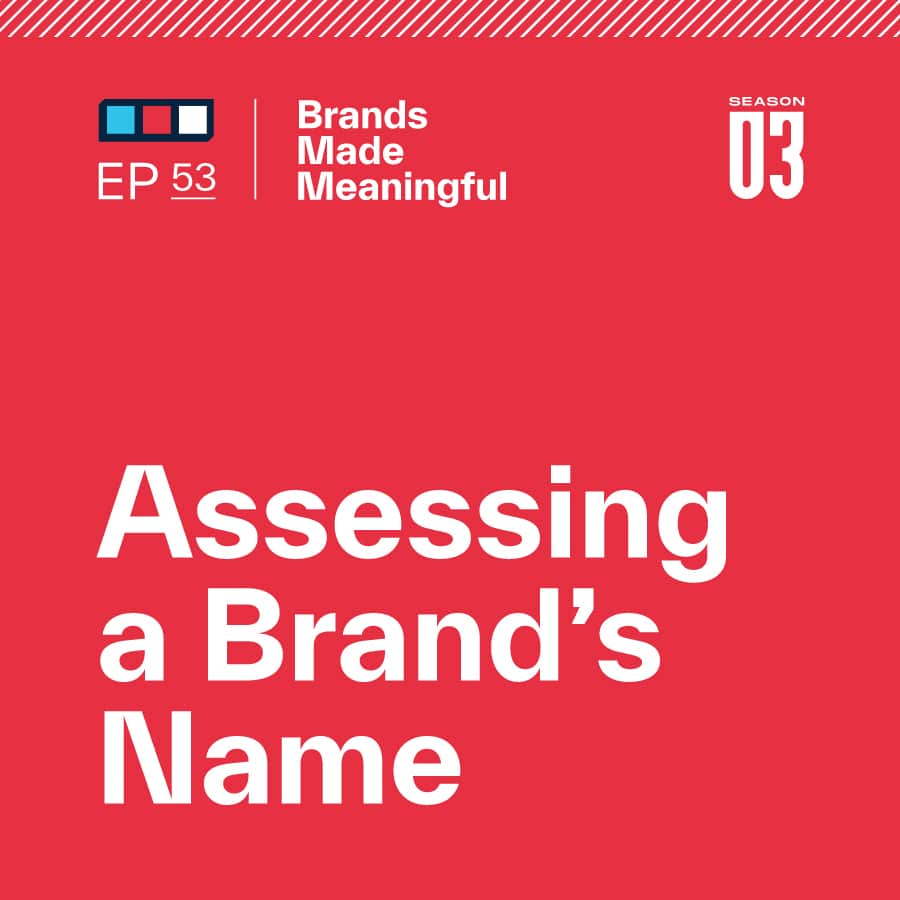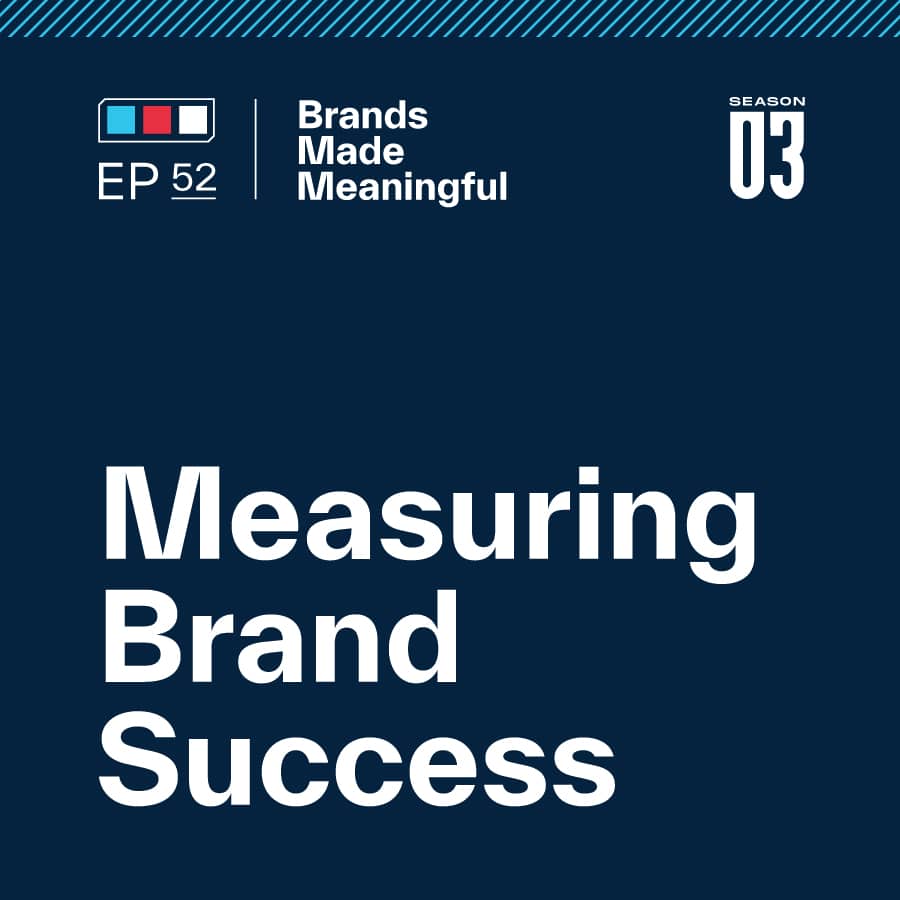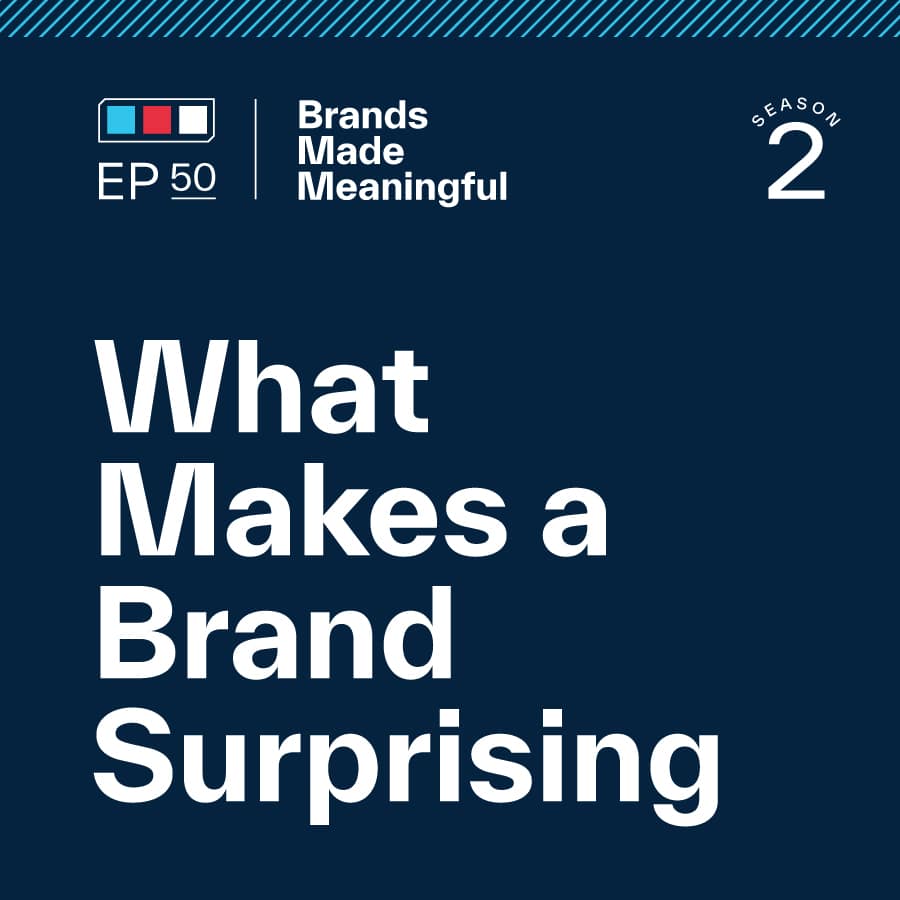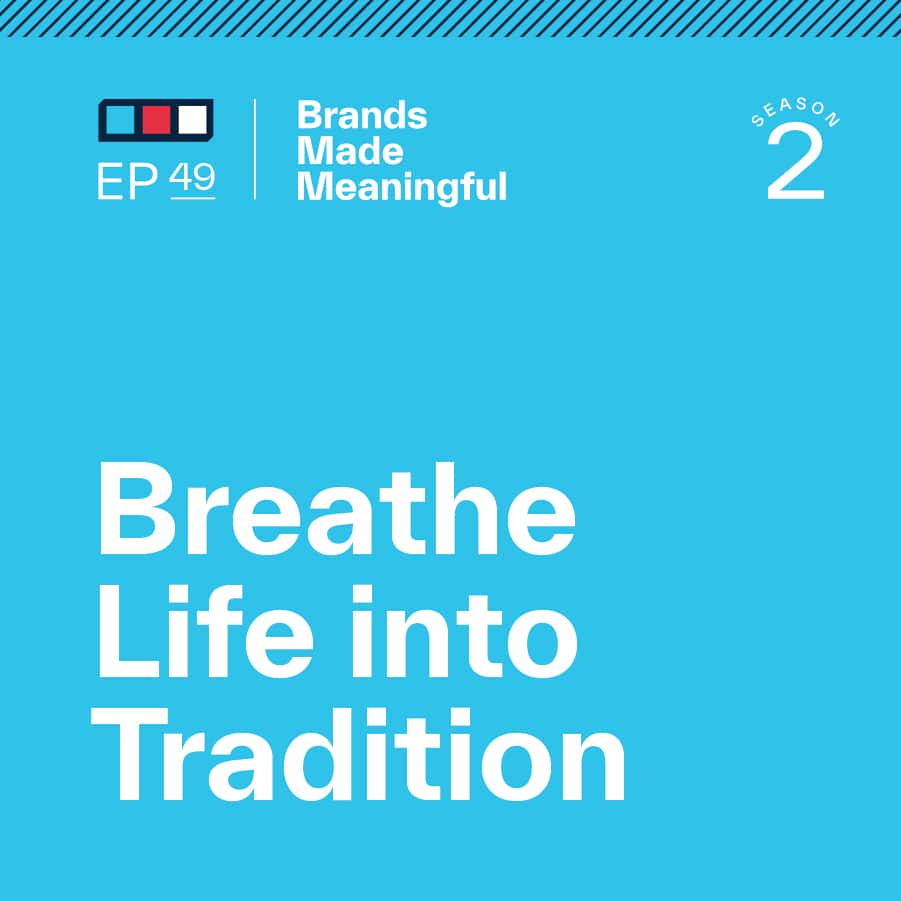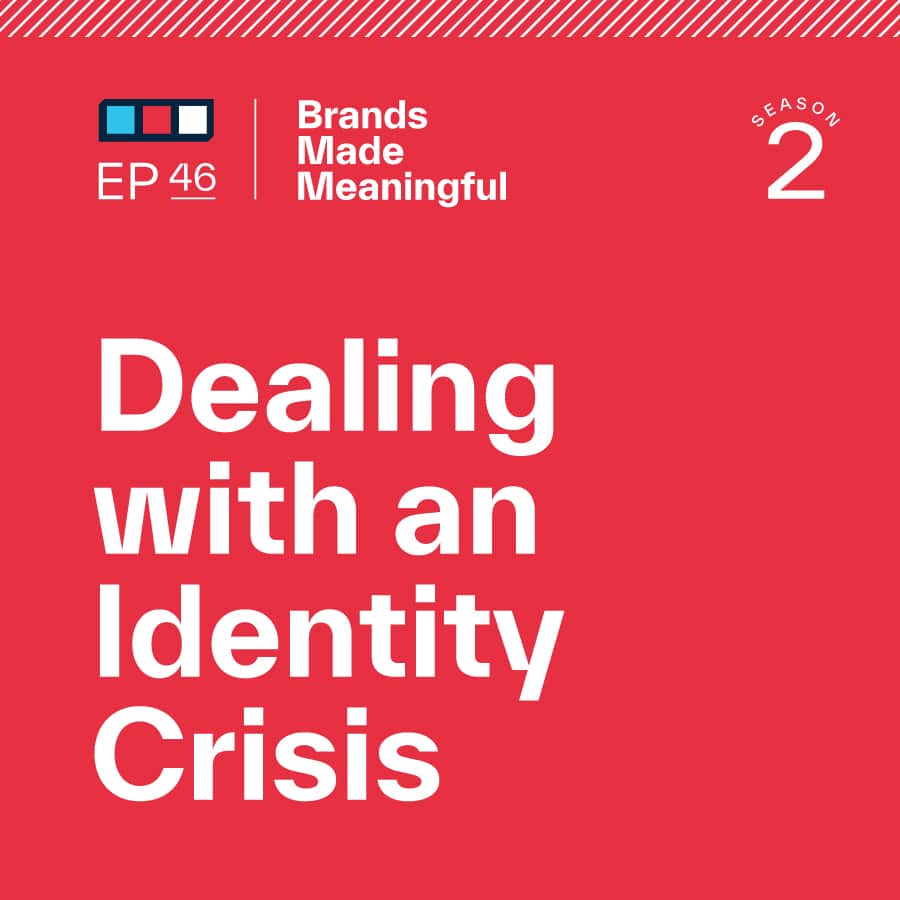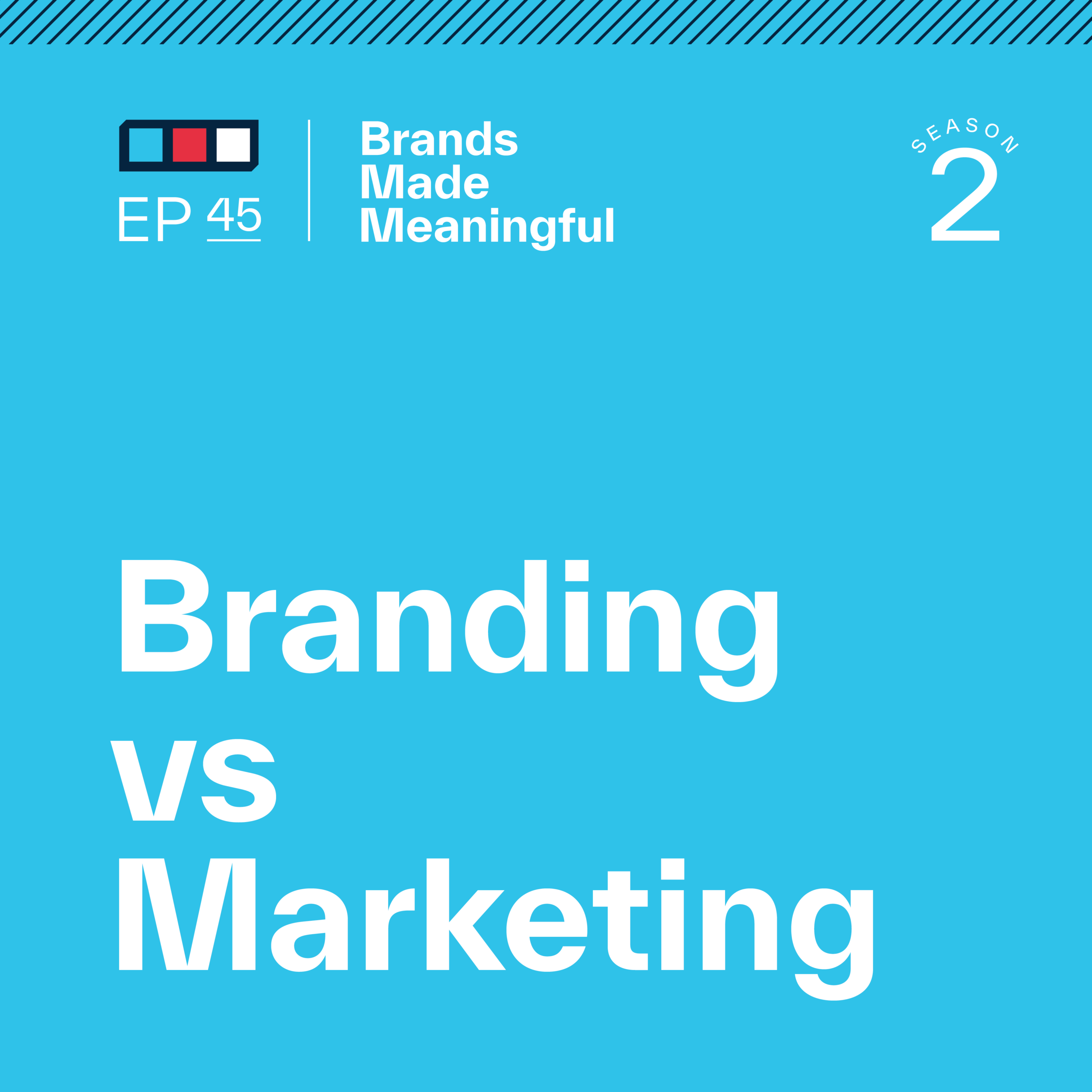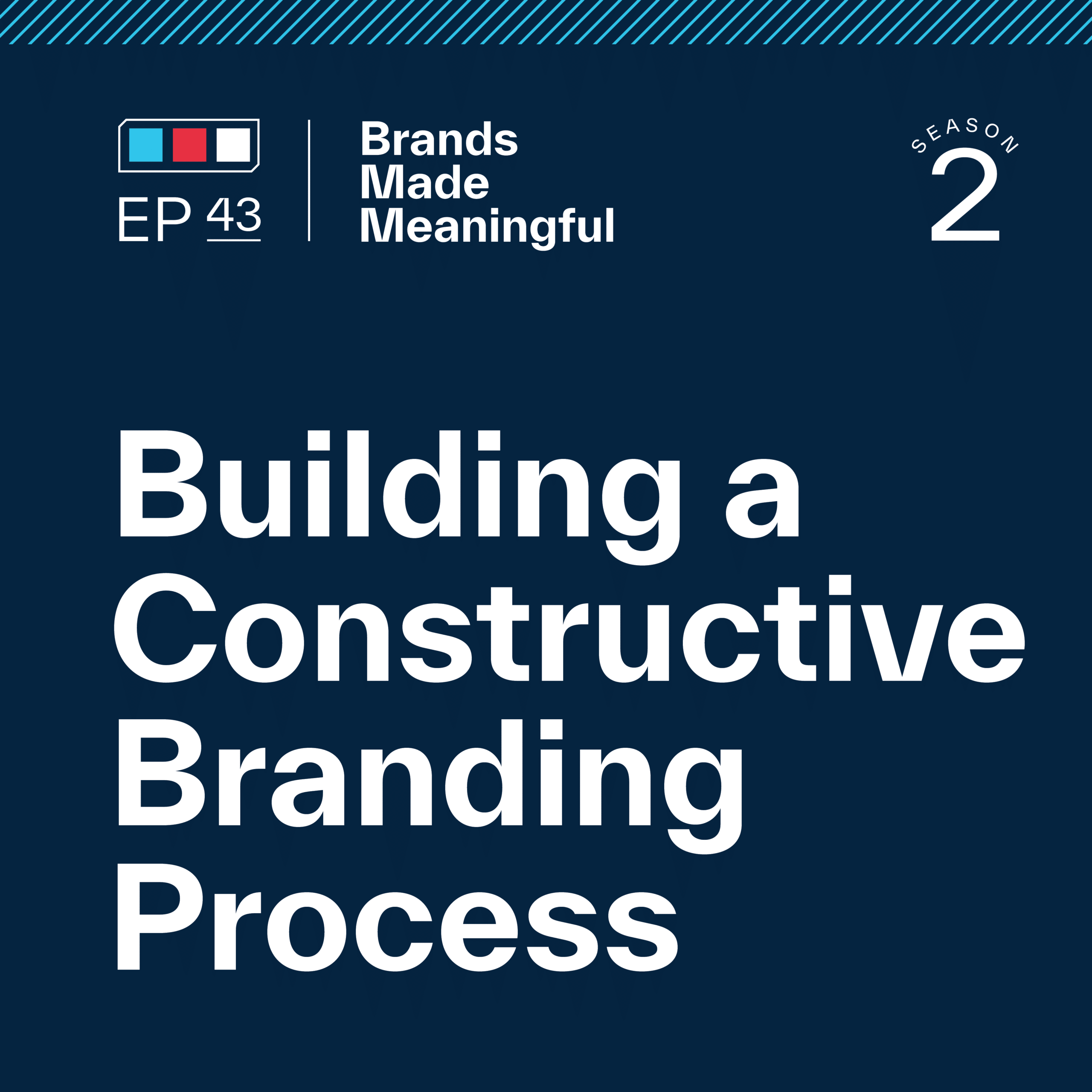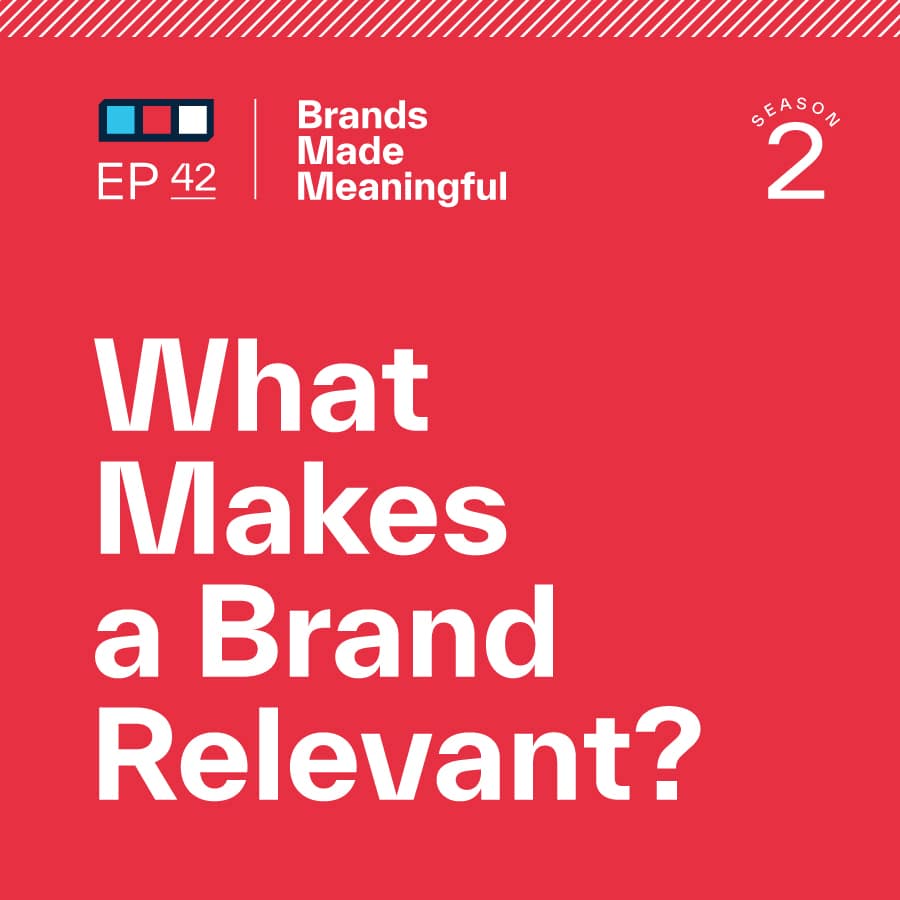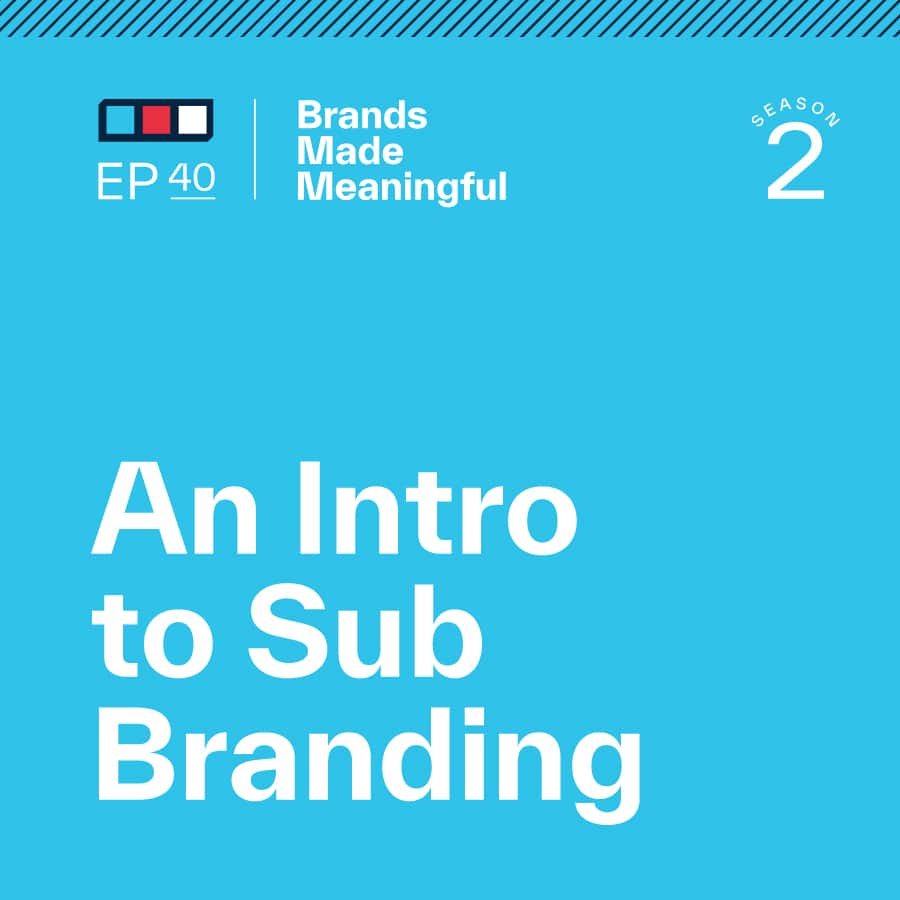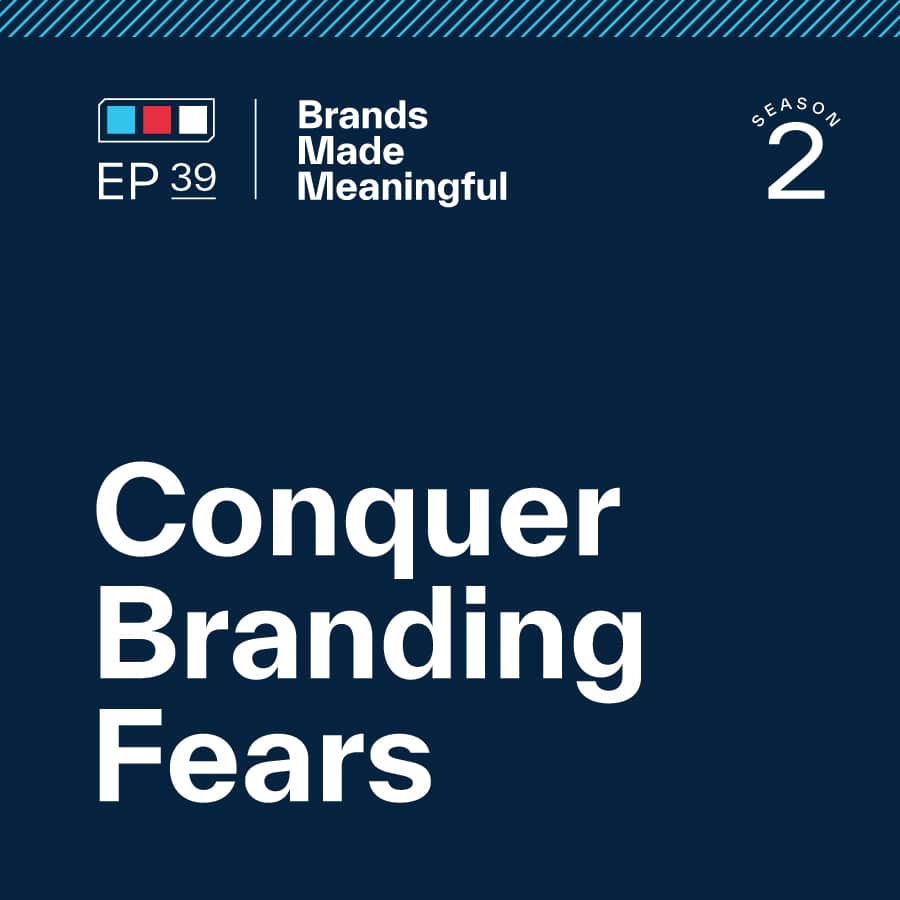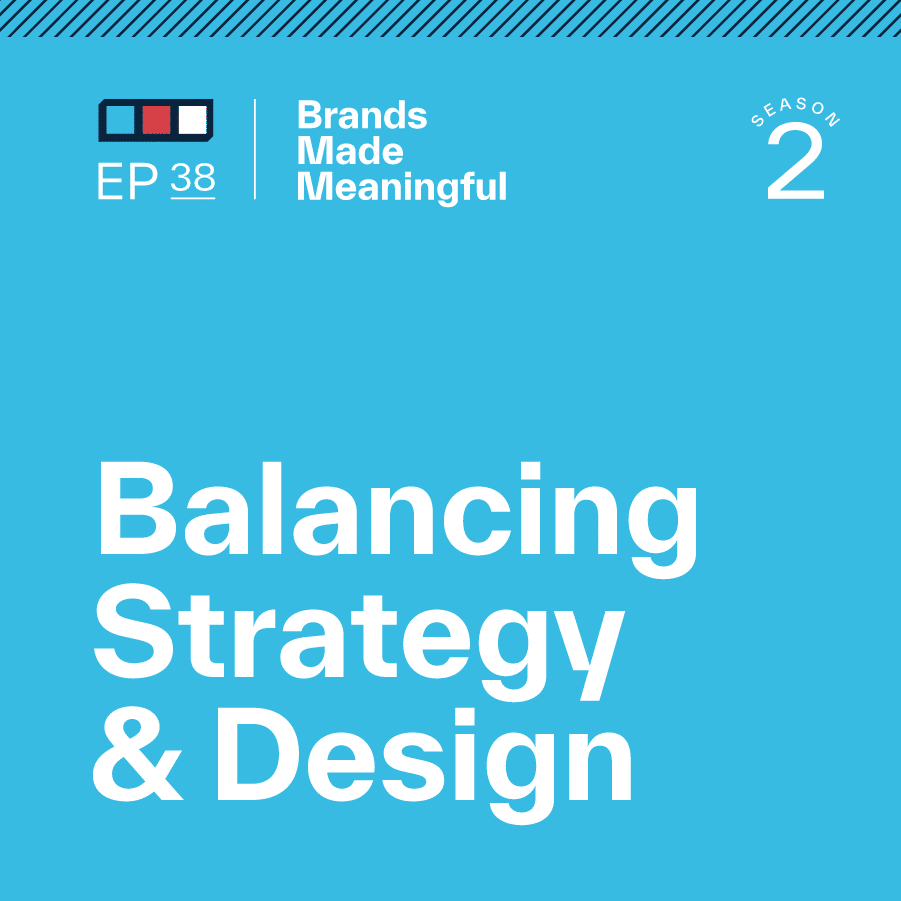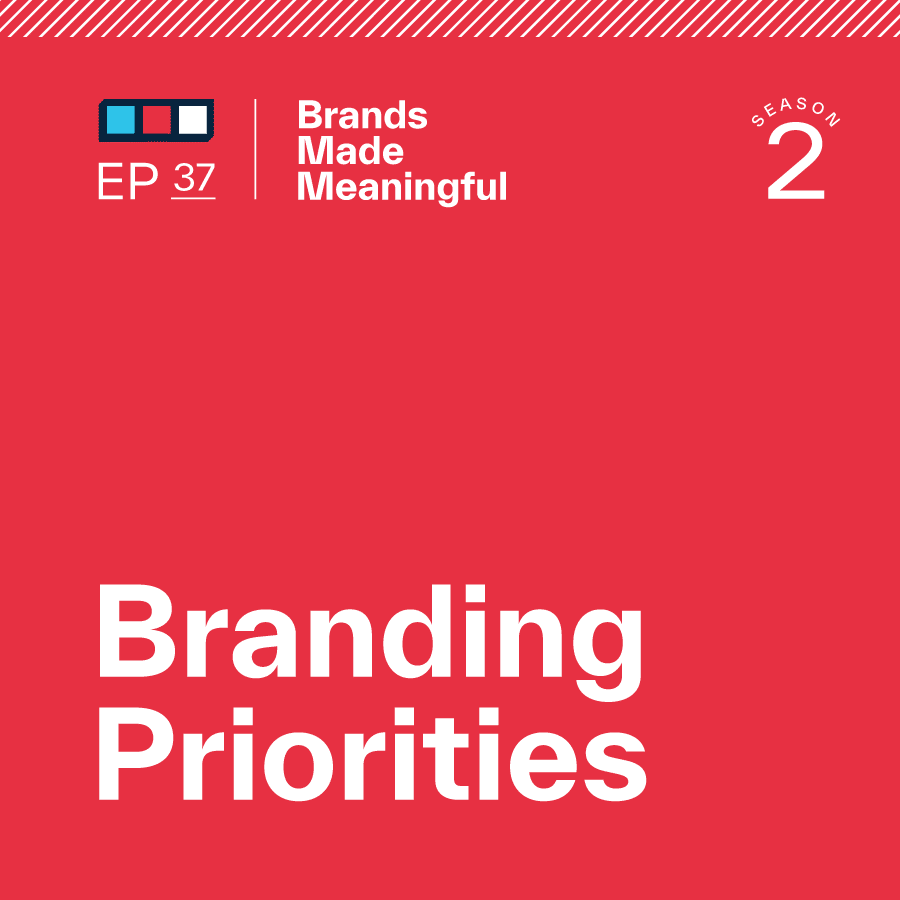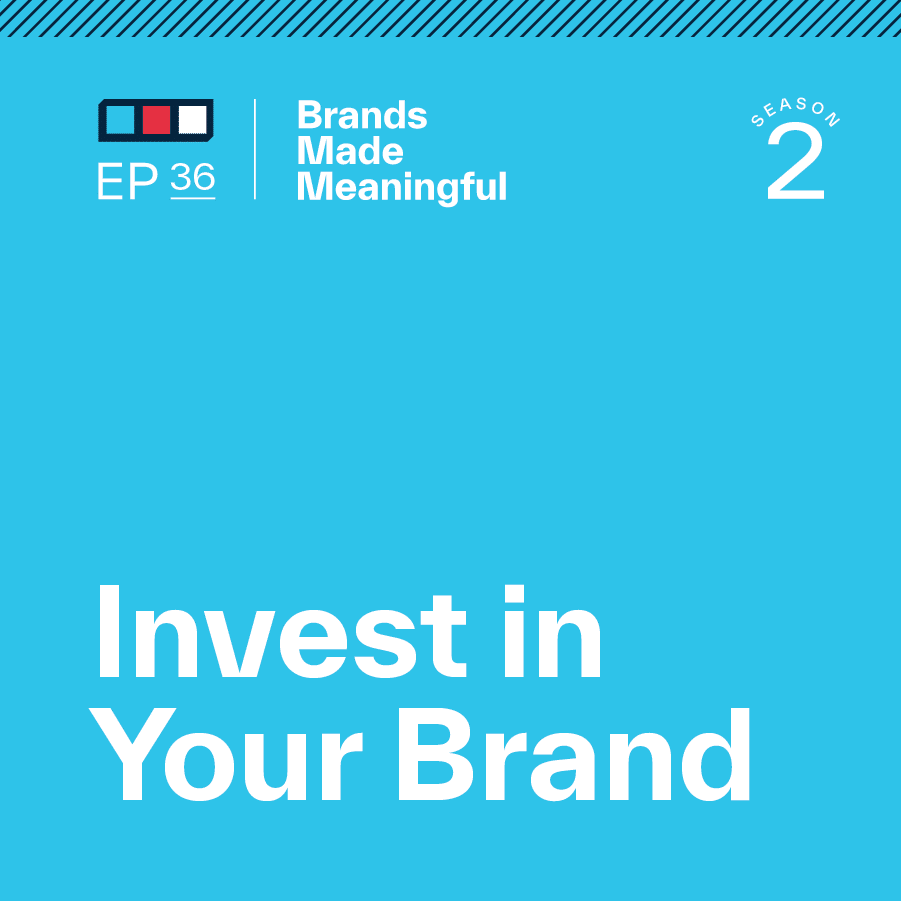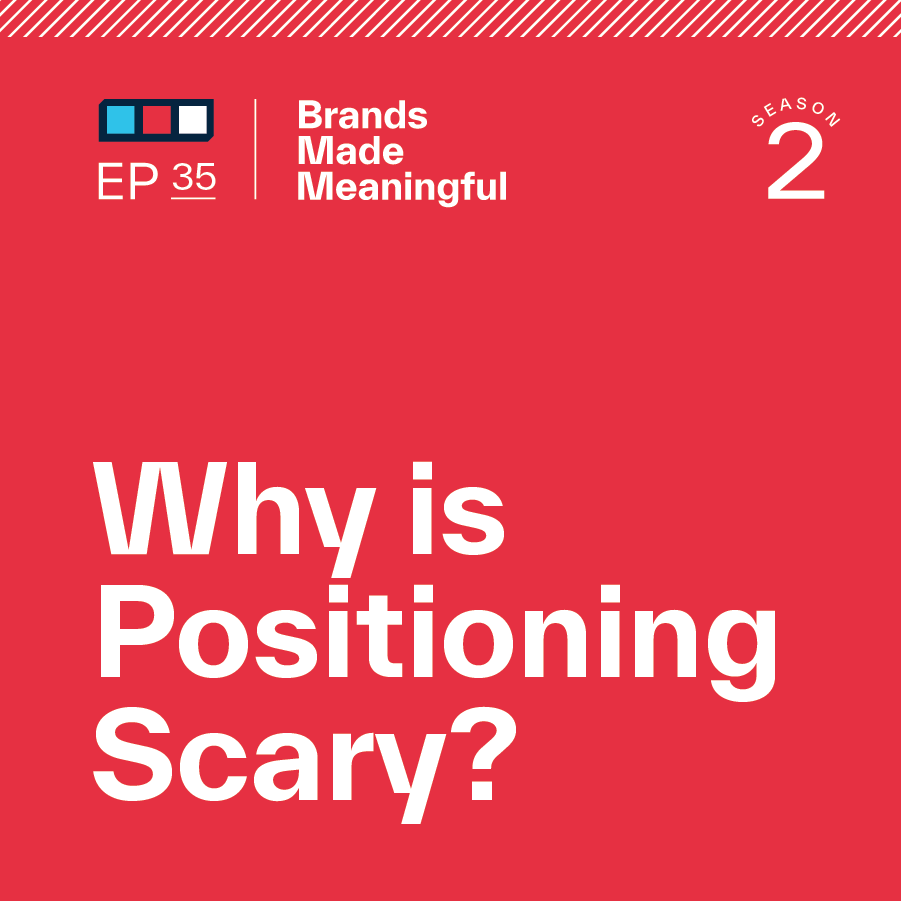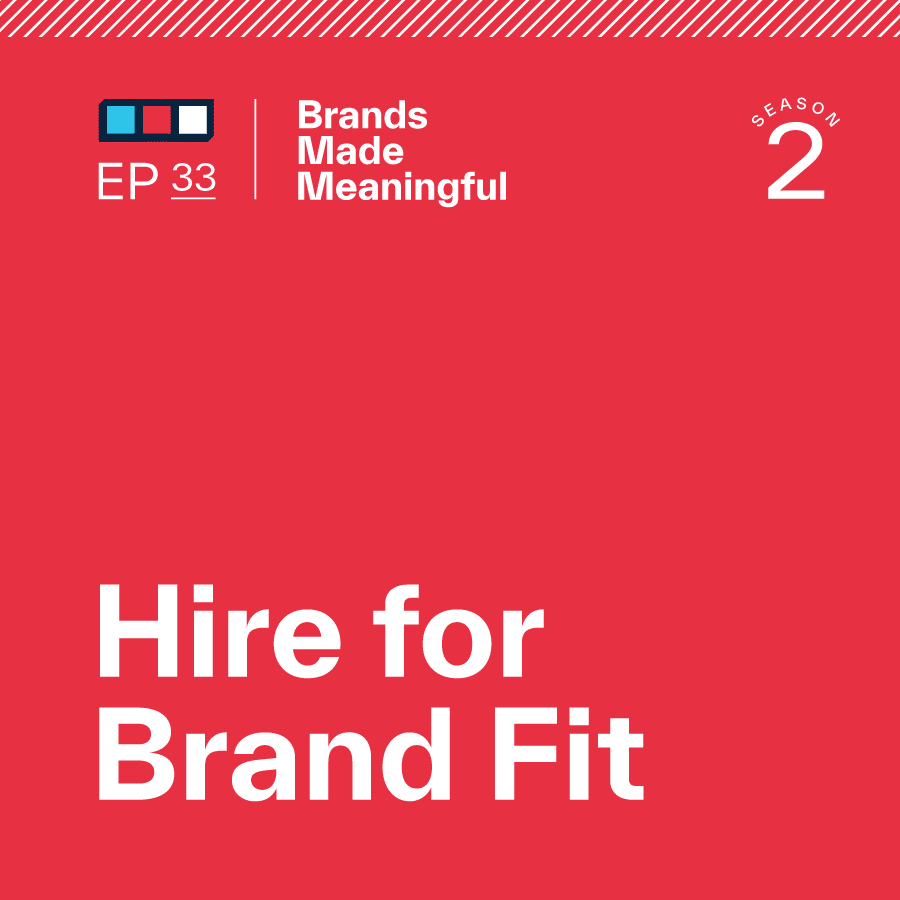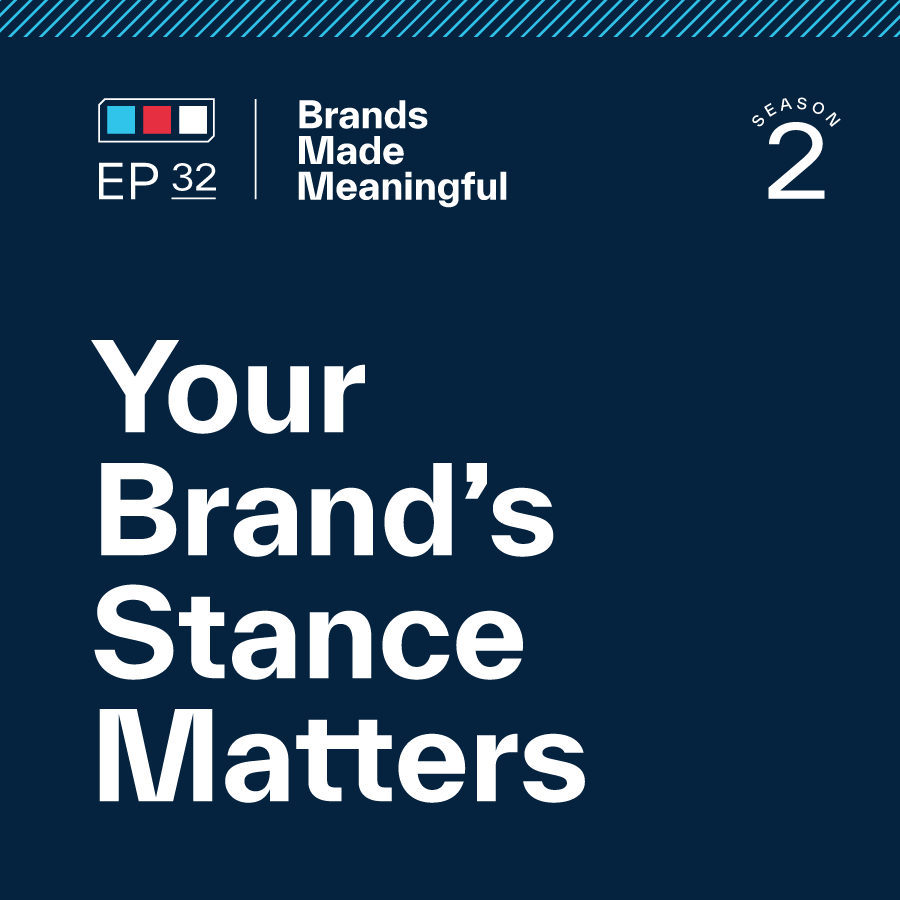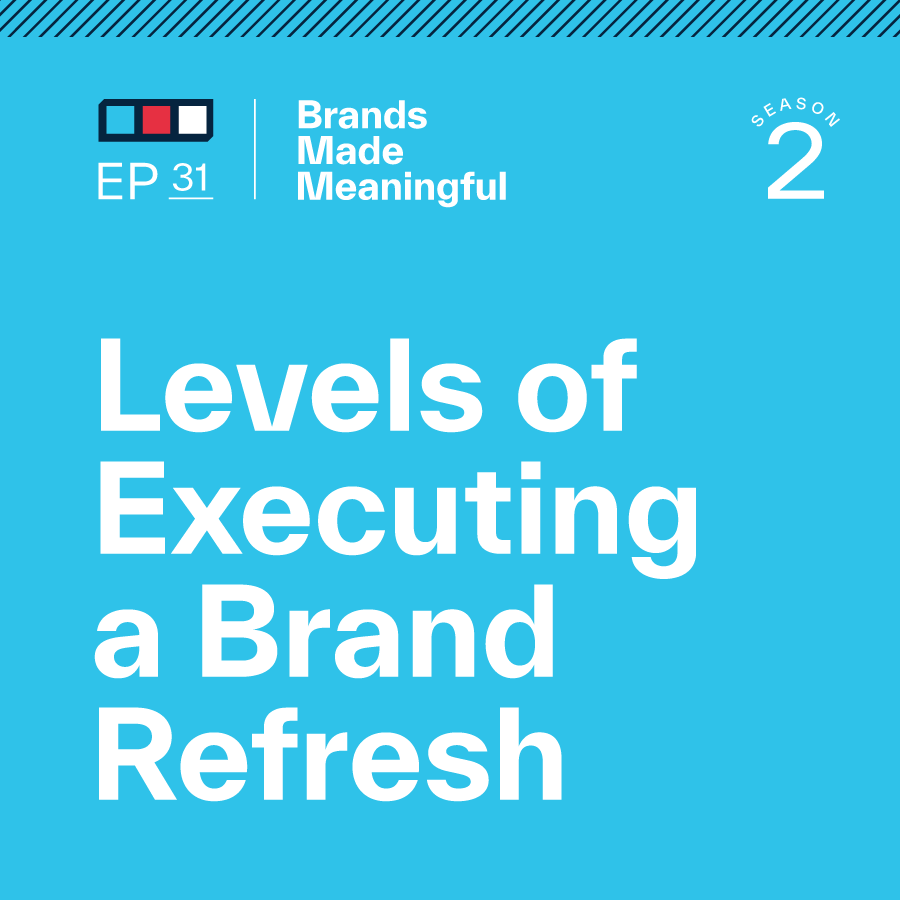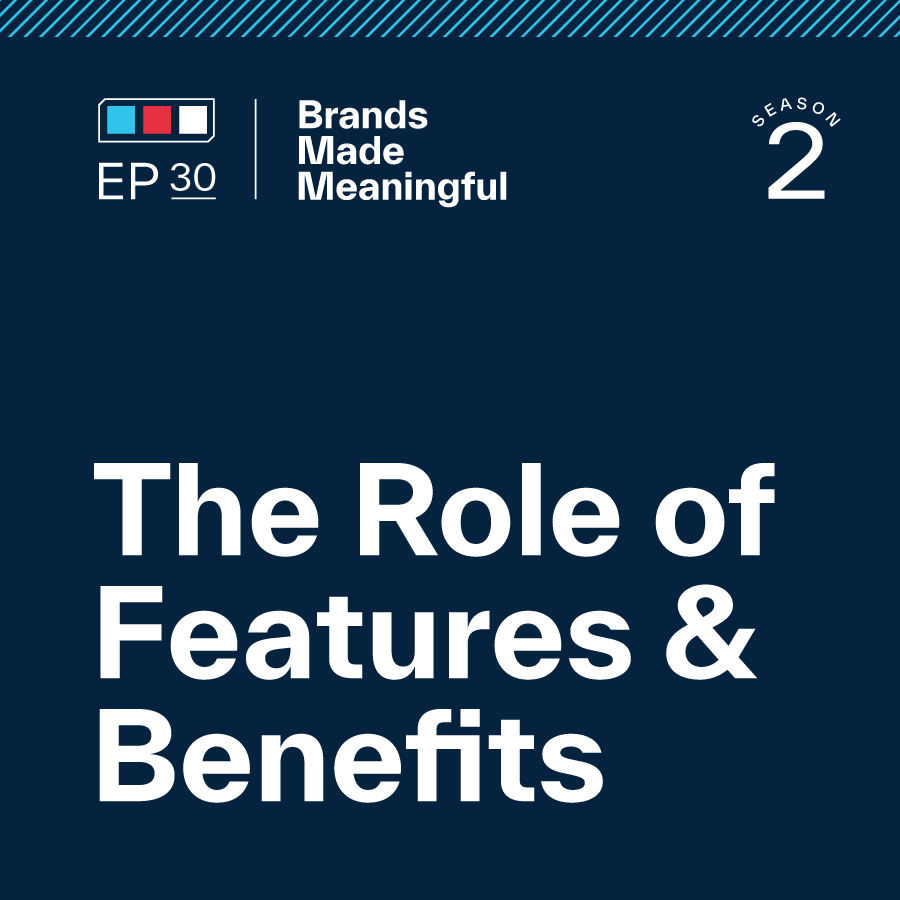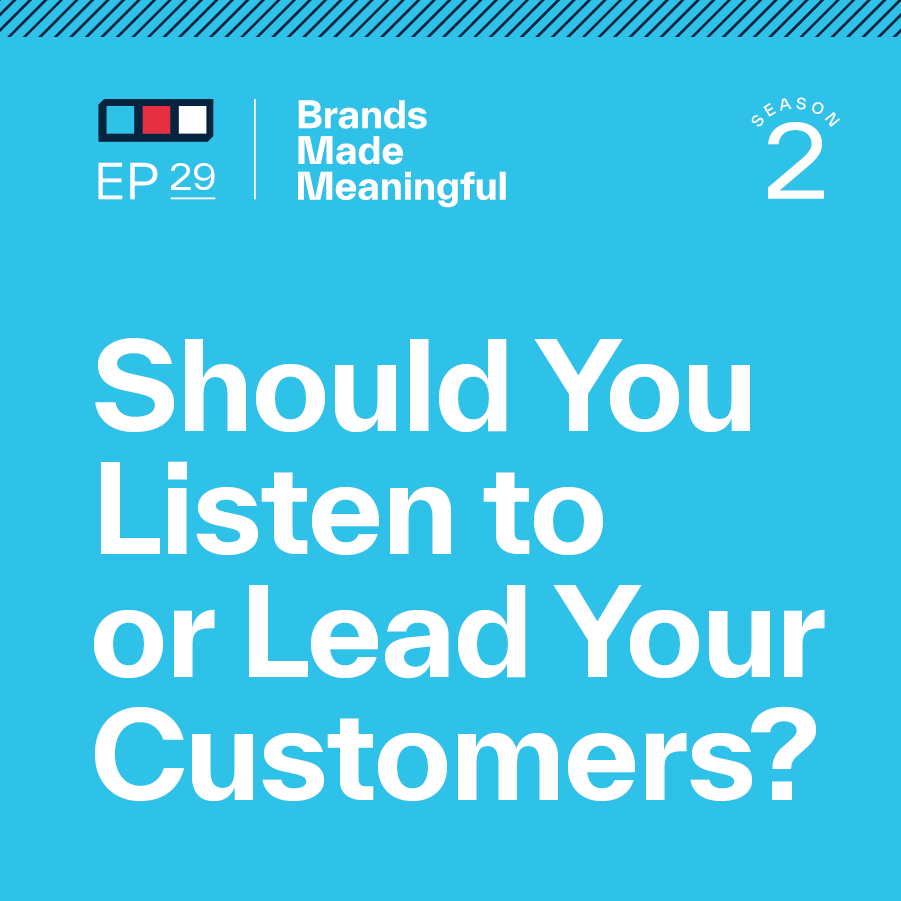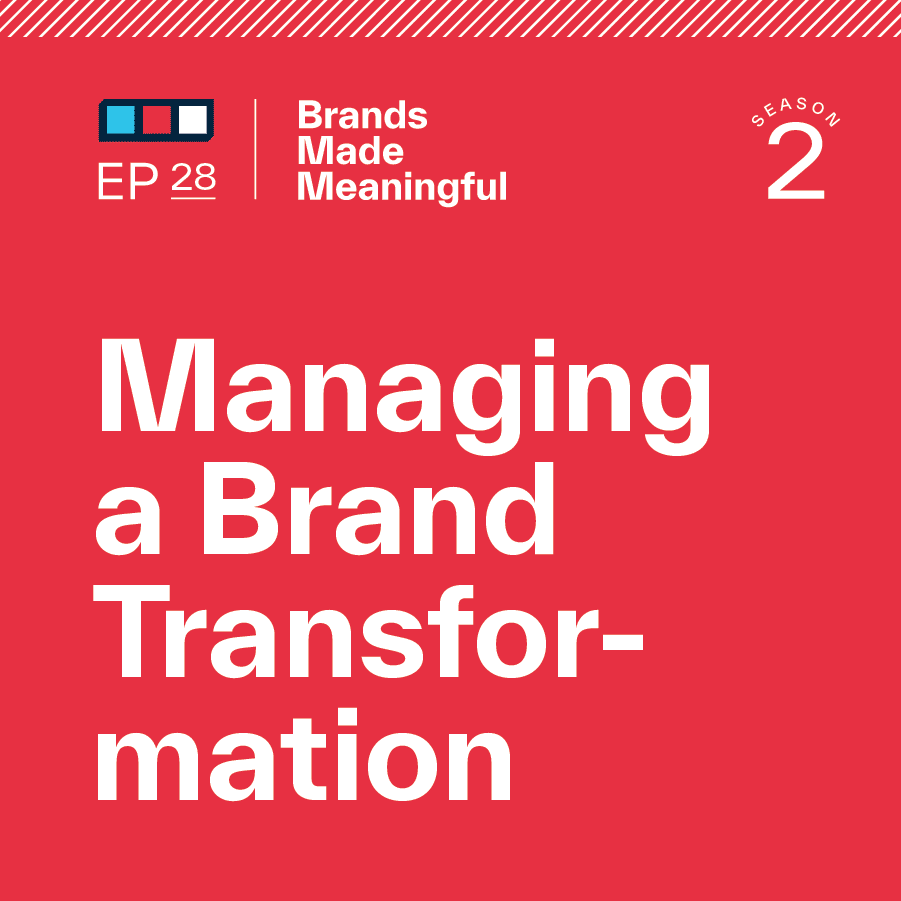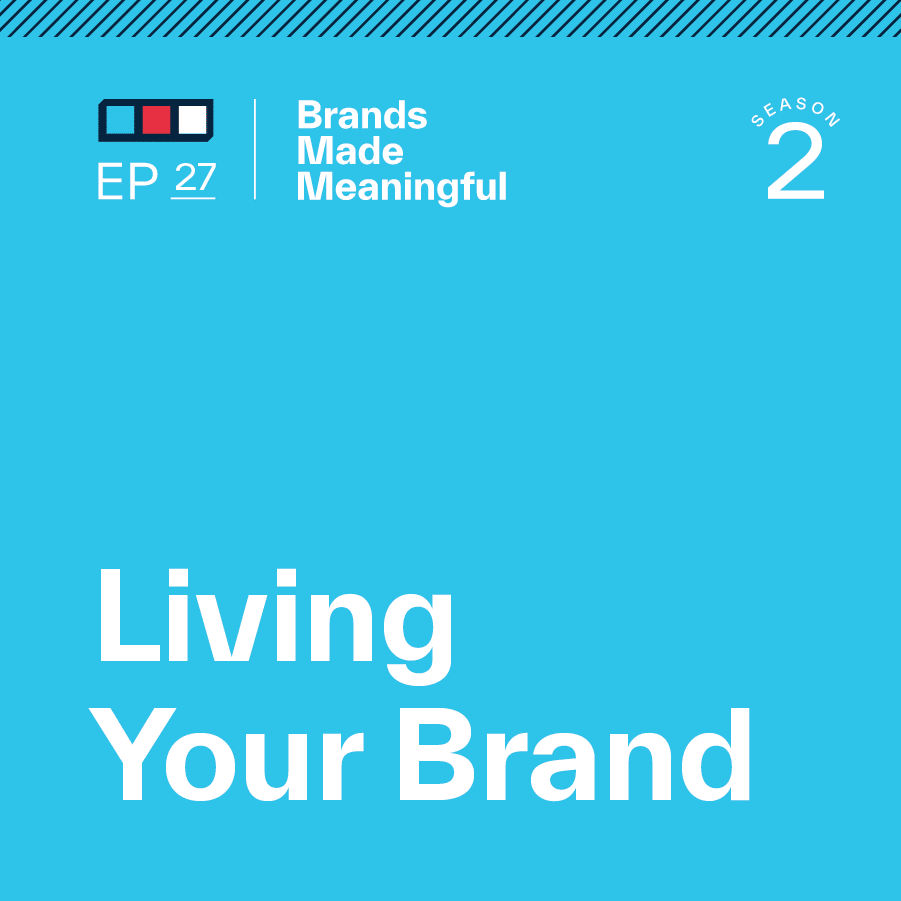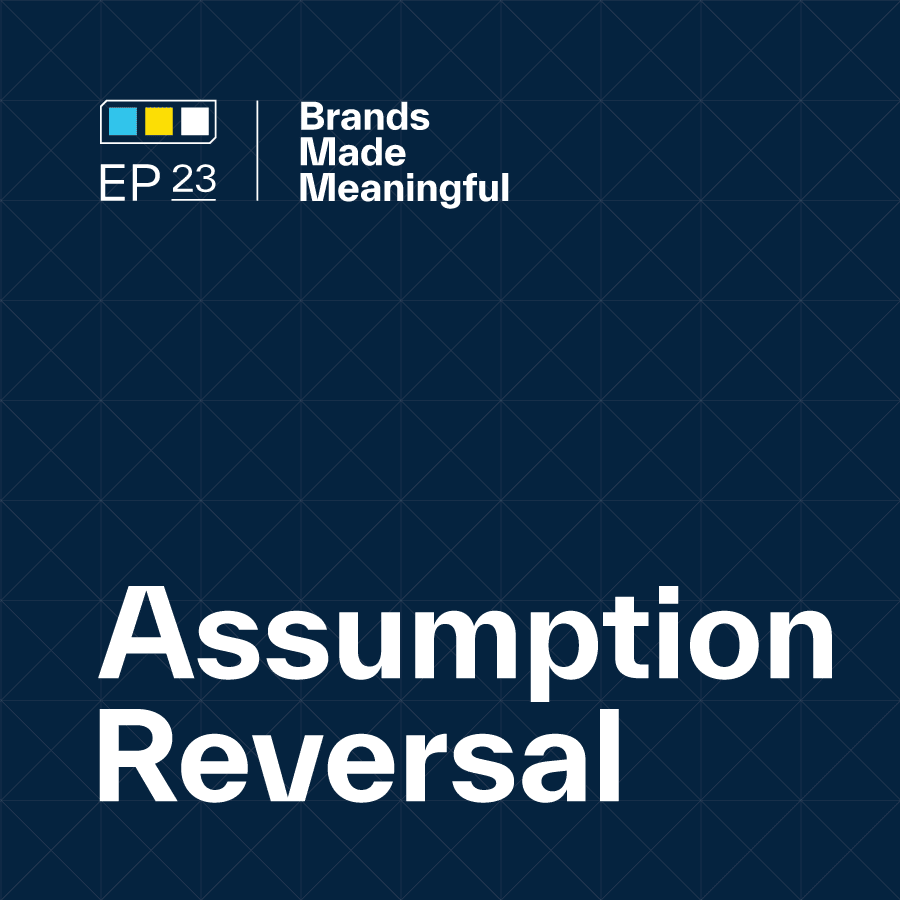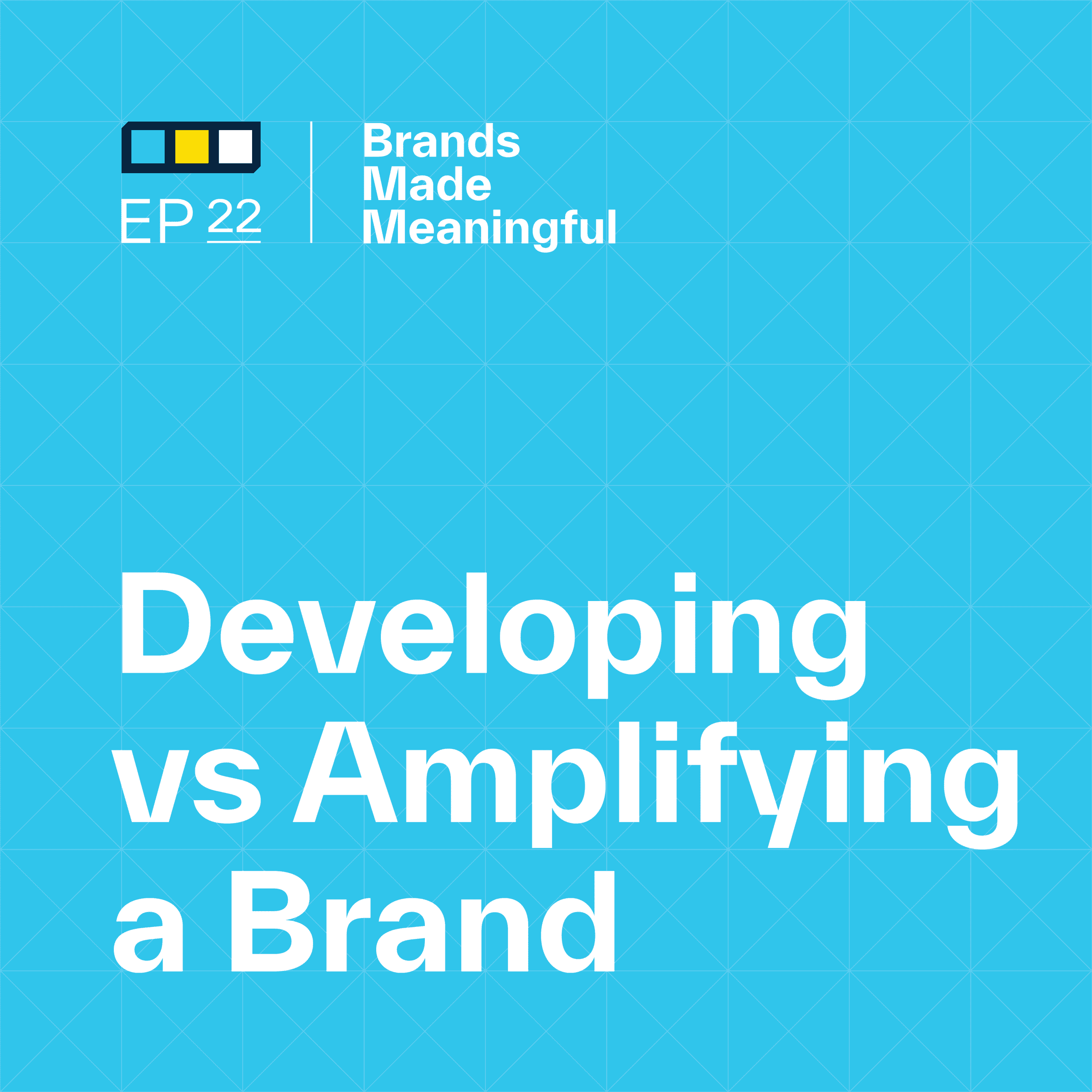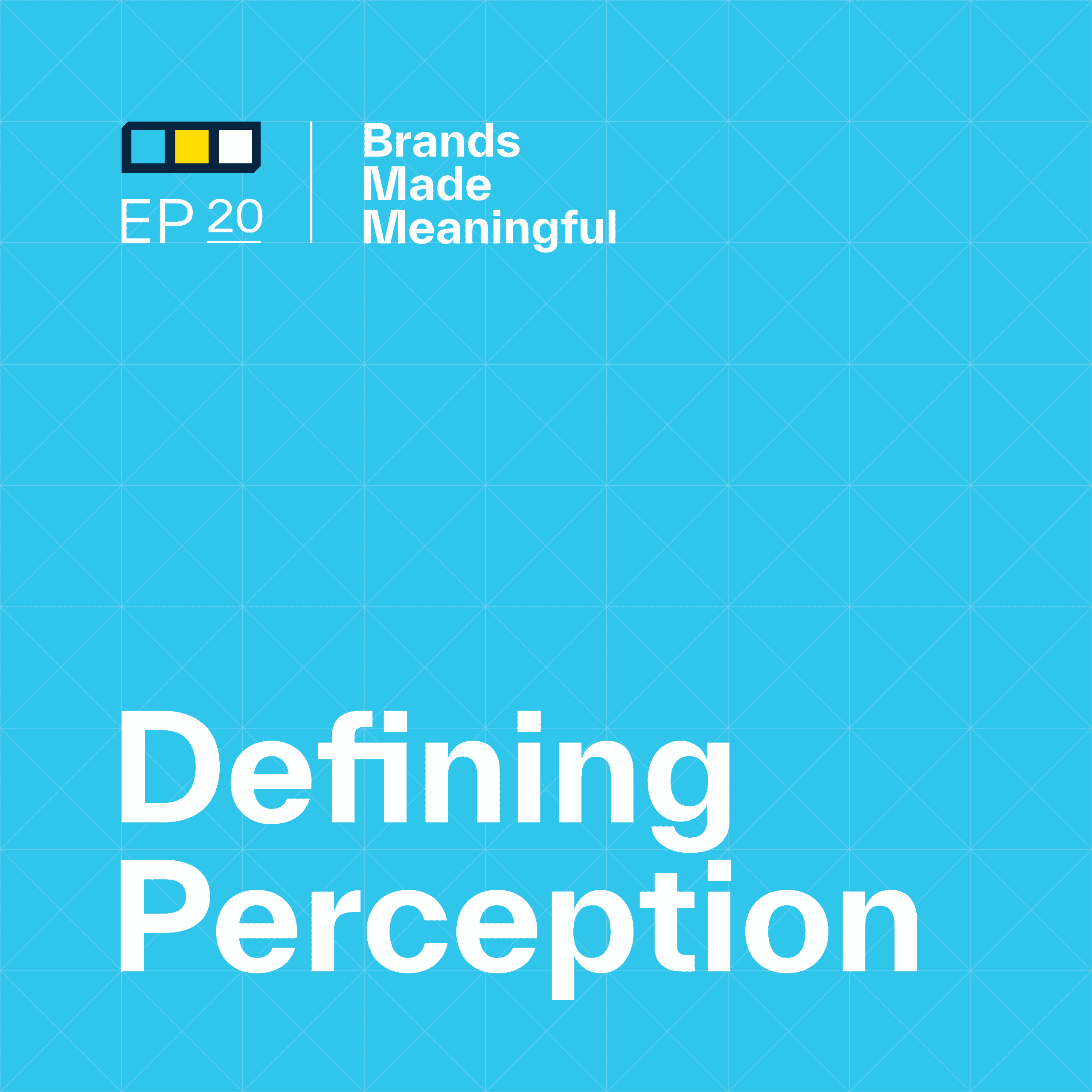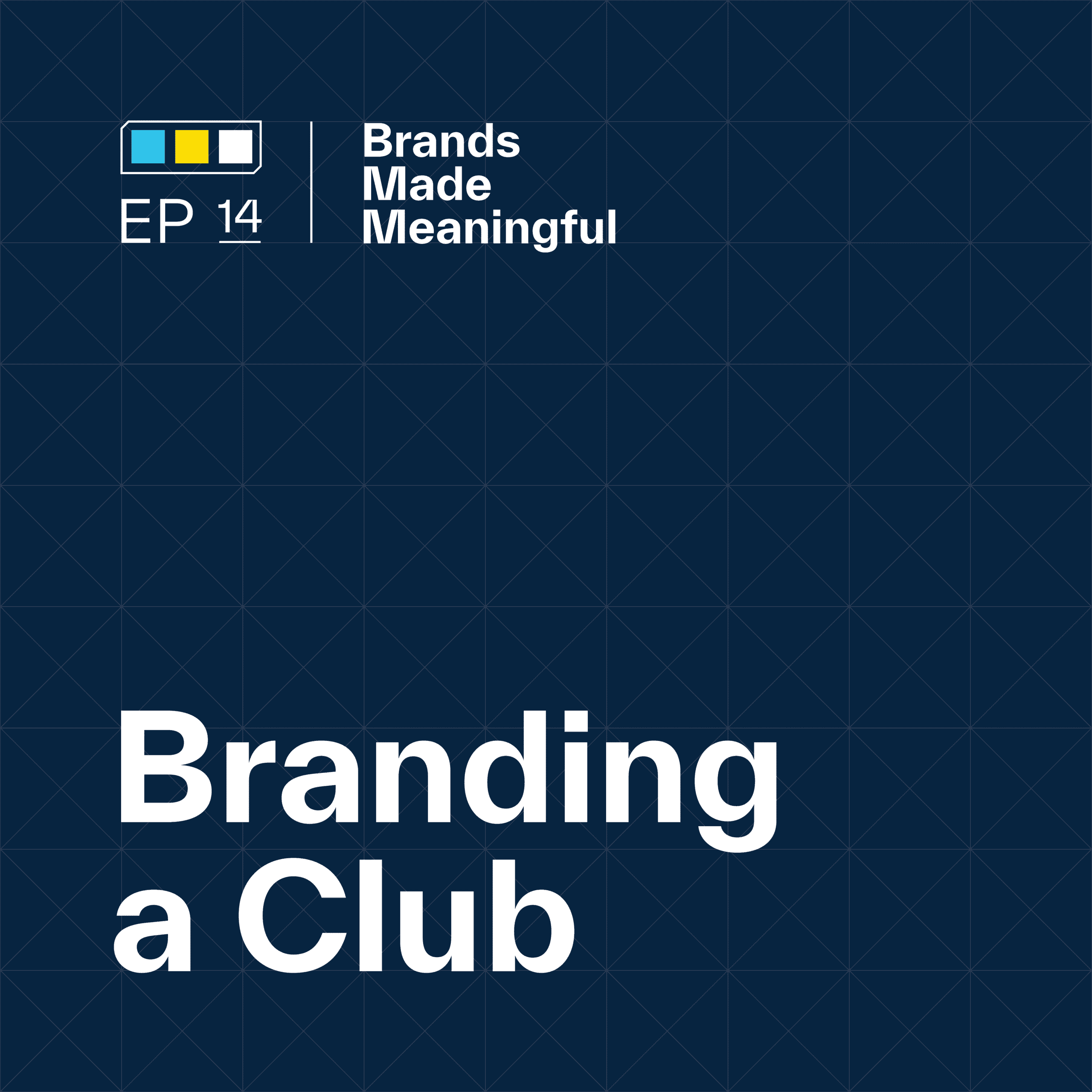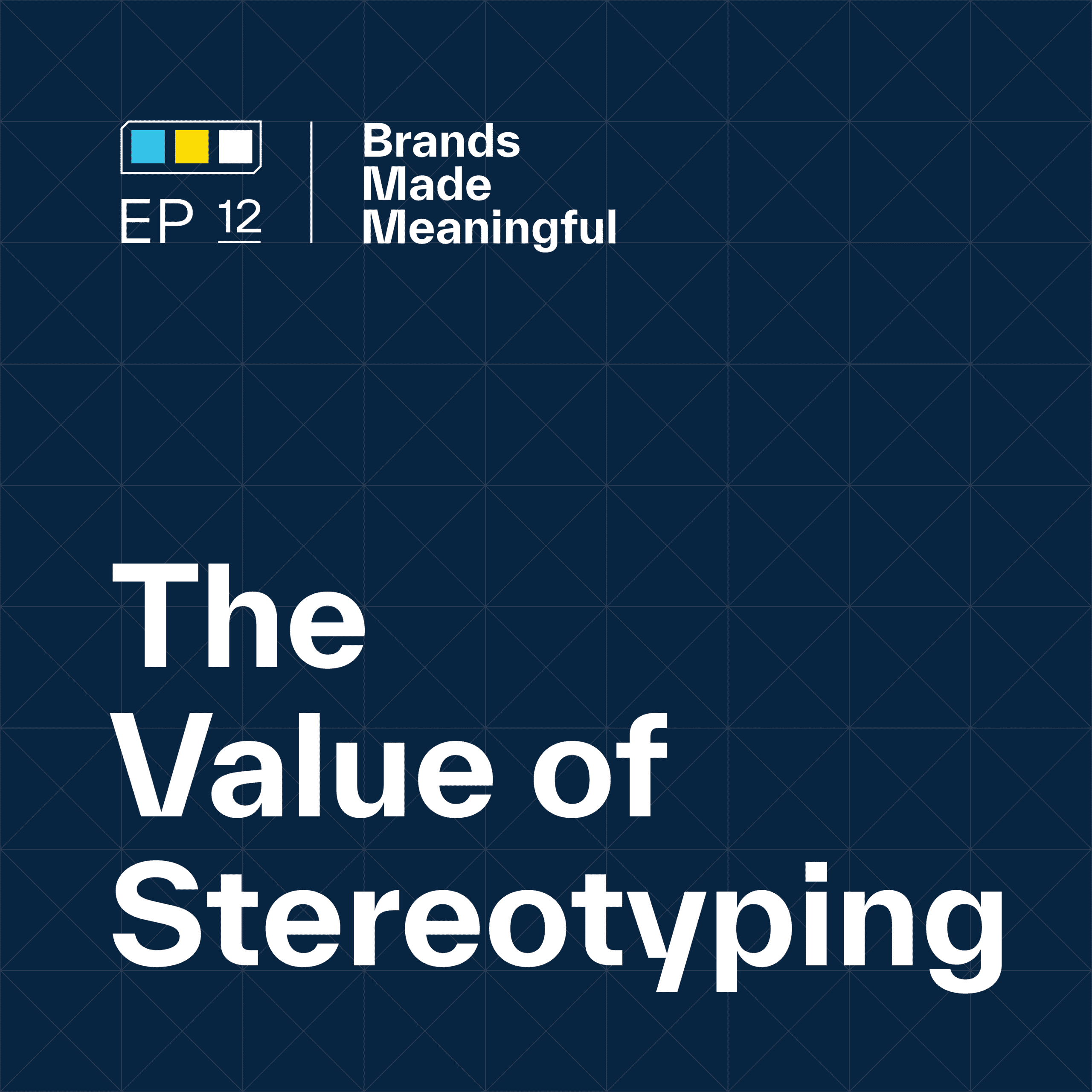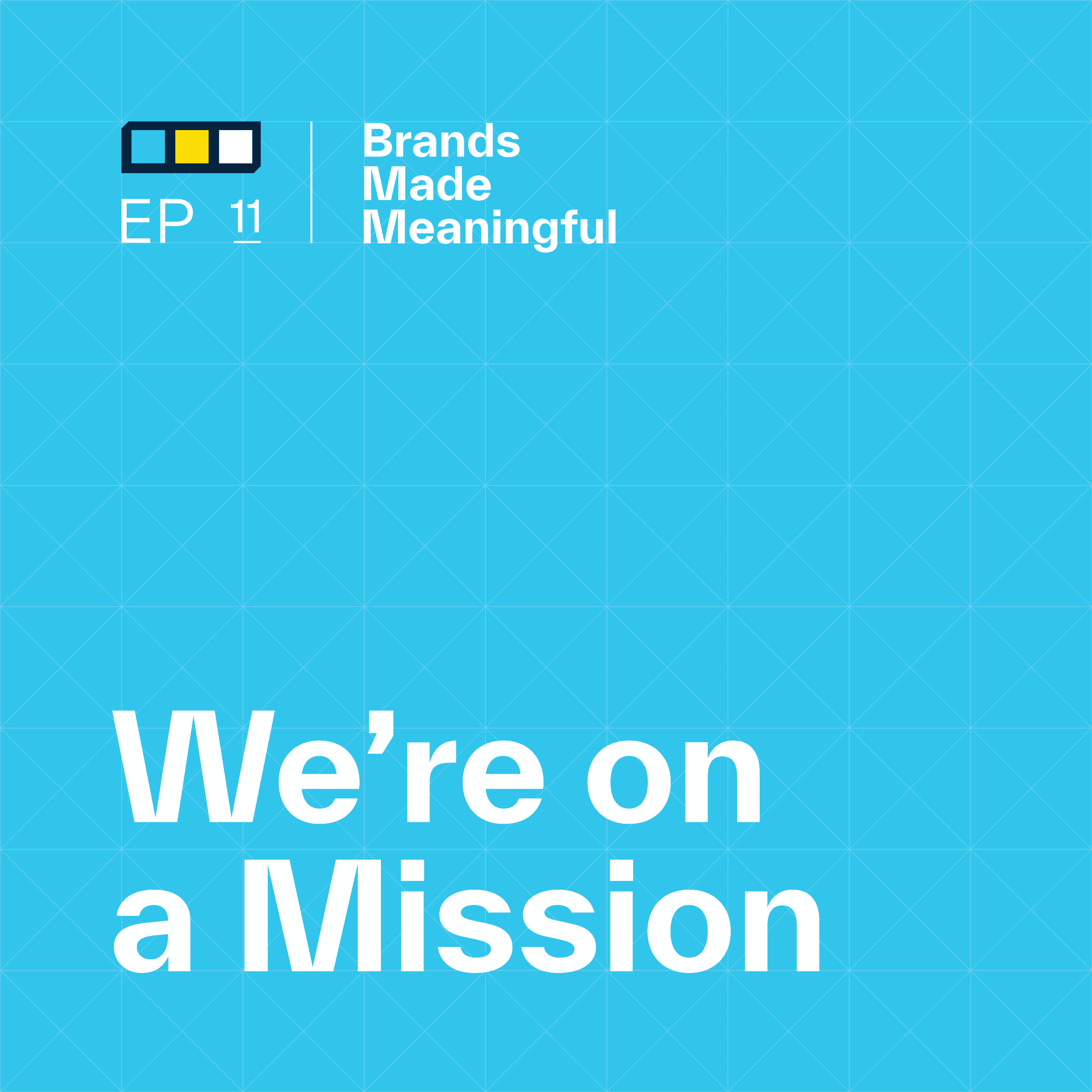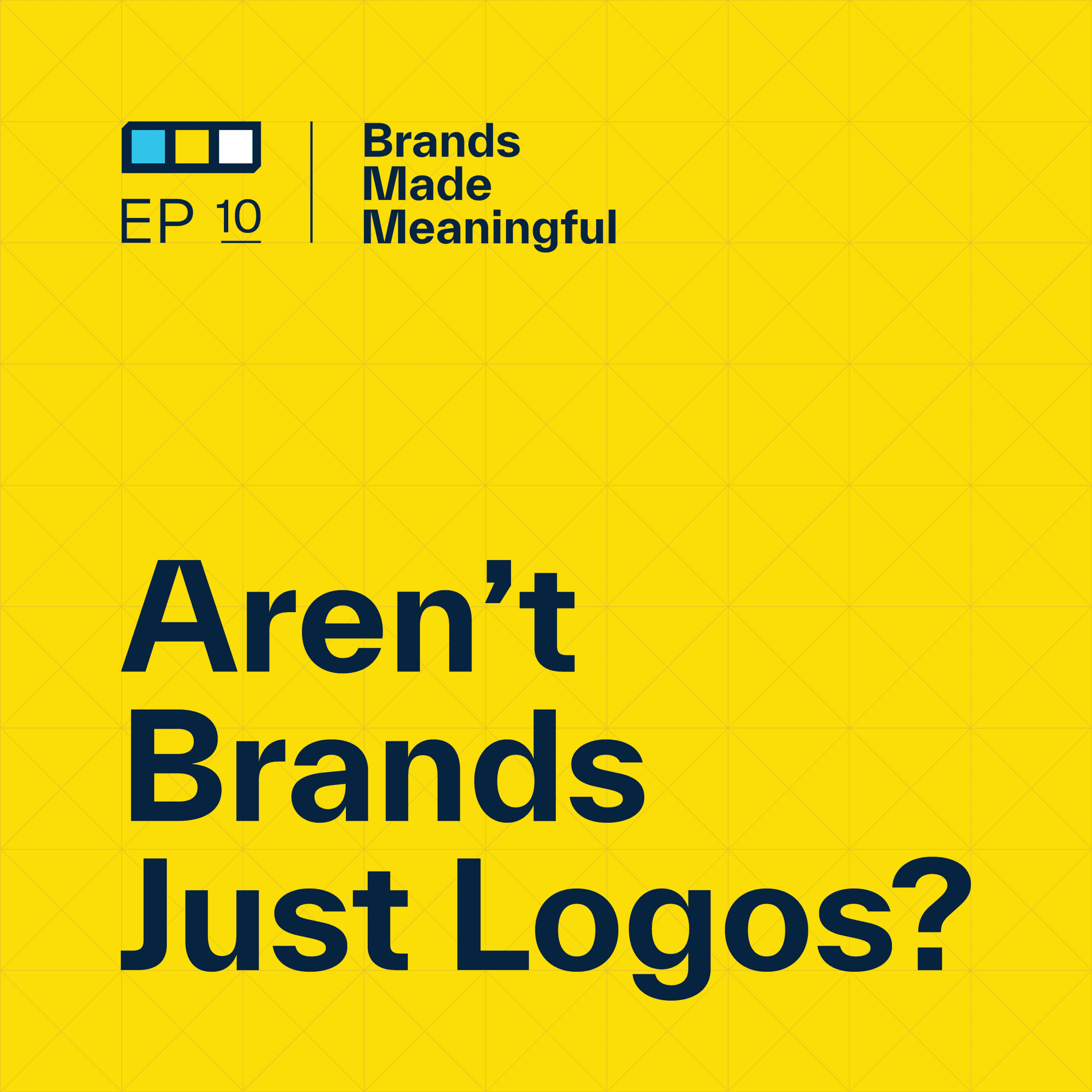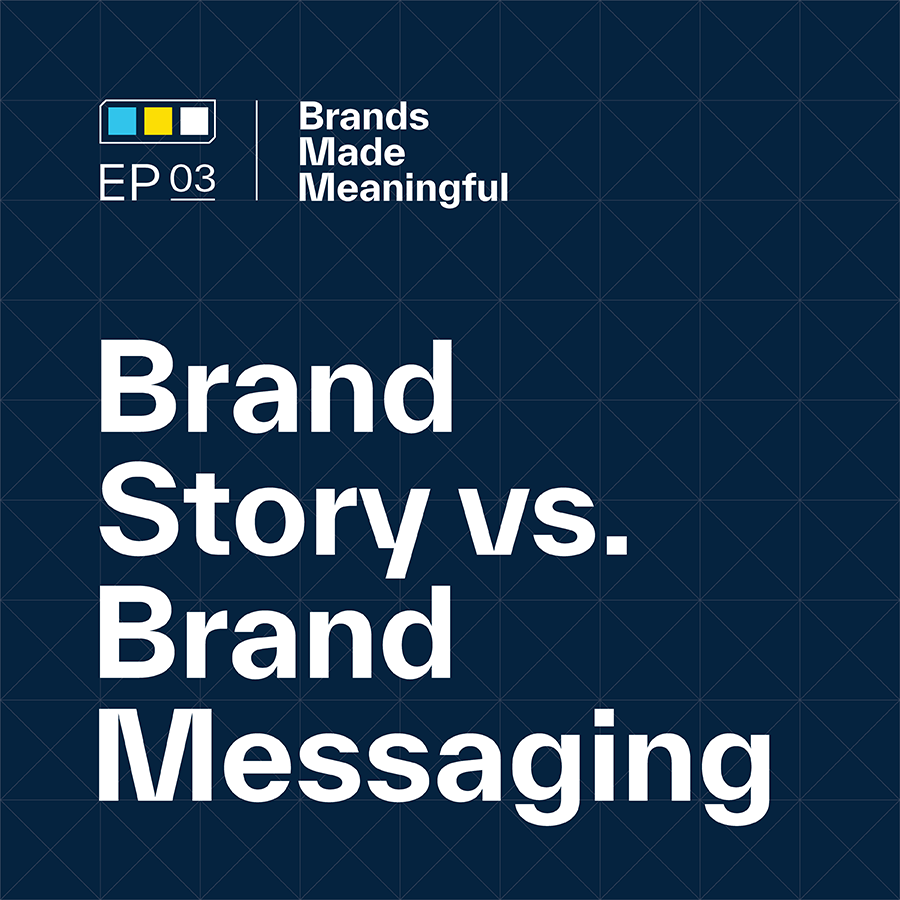EPISODE 80
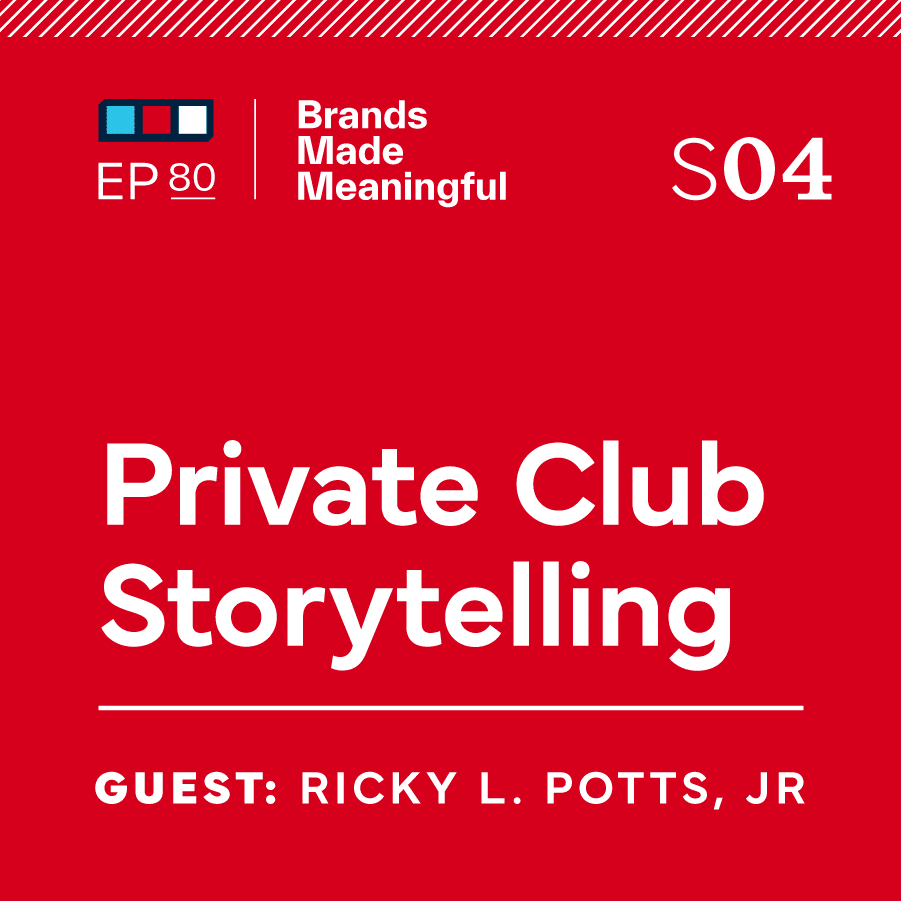
Private Club Storytelling with Ricky L. Potts, Jr., CCM
Episode 80
Derek and Tucker have the pleasure to speak with Ricky L. Potts Jr. about how powerful storytelling can be for your club members.
EPISODE TRANSCRIPTION
Today, we’re thrilled to have Ricky Potts join the show.
Derek Ricky and I met earlier this year at Golden State Chapter of an event that the CMAA had and then at a follow-up with his Roadrunner Chapter in the desert down in Palm Desert and Palm Springs.
Expand Full Transcript
Derek And while Ricky and I were talking about golf industry topics, we found out that not only do we both share a passion for the game of golf itself – we could talk about Tiger Woods offline, Ricky – we also found out that we’re both podcasters. So we were excited once we found out to have Ricky join our show. Thanks for coming on today.
Ricky Potts Well, I am so excited to be here and I feel like I’ve known you for 20 years and it’s just so neat to be able to keep the connection strong between the two of us. We have a lot of things in common. We speak the same language and I love the energy that you bring to the education that you’ve shared with the Golden State Chapter of CMAA. I’m just so pumped to be able to reciprocate and come on your show and talk about all things – communications and marketing and membership and experience and all that stuff.
Derek Tucker, I don’t know if you’ve had the chance to look into Ricky’s background, but he’s a busy guy. In addition to being a club executive, an executive director of marketing and communication, Ricky has his own podcast as I mentioned. It’s called the Wednesday Match Play podcast. Ricky also has his own blog, which is focused on a very particular genre of music. I don’t think it has anything to do with golf, but we’ll have you talk about that in a little bit. You have a ton of experience within the clubs. There’s no way that I could do justice to describing all of the things that you do and your roles and responsibilities. Why don’t you give us a little bit of background about what you’re doing right now, what your responsibilities are, and what your focus is at your club.
Ricky Potts Yeah, thank you. I do stay busy and I love it. And I’ve always said that I’d rather be busy than bored. And the two things that you mentioned there, the podcast and the blog, are creative outlets for me. In the world that I work in, the world that I live in, I need to have those. The podcast is something very near and dear to me. I love the process of writing the interview questions and then the process of interviewing the individuals. And it’s specifically focused on golf, and the blog is pretty much specifically focused on electronic dance music, and mainly trance house and techno that I’ve written. And what’s so interesting about this is that I don’t talk about it a lot outside of when I’m promoting certain blog posts. I’ve been blogging for almost 17 years and I’ve written almost 900 interviews with bands and DJs. So the interview process I love and diving deep into the learning from individuals. As far as my daily responsibility at the club, I’ve had a long, long journey within clubs. Real quick background. I started with the Troon organization in Scottsdale, Arizona. I went from there to Florida, to Rhode Island, back to Florida, to Northern California, all within the Troon organization. Met a guy named Ron Banizak, who was really instrumental in my focus within the CMAA. Ron has recently moved to France. He and his wife have relocated to France and he works with the distinguished clubs and he trusted me as a membership director, which was my foray into California. And I left there, was an assistant general manager at a property right outside of Los Angeles about two and a half years ago. This is now my third season here at The Lakes Country Club. I am working with Ron Phipps, who is the immediate past president of the Golden State Chapter of CMAA and learning at the speed of light from him. My day during season, and I don’t want you to tell anybody this, but it’s the neatest world I’ve ever lived in. Because when I was in Scottsdale during the summer, the locals came out. When I was in Florida during the summer, the locals came out. Here during the summer, no one goes out. And it’s awesome because we have a summer where we really get the chance to reflect and do a lot of work. We have a really good local area network here led by Craig Serti. And we do education, which Derek, you’ve been a part of this past summer. But the daily responsibilities for me are all things marketing and communications. And you might say, Well, what are you marketing to a private country club that’s within an HOA? I’m not doing a lot of outside and really little to no outside marketing. It’s about marketing the things that are happening inside the gates. So it’s the events that we have coming up. It’s our monthly magazine, which is a really cool thing that we work on here at the club. When I first got here, it was a newsletter. It was 10, 12, 15 pages. We printed it. It went out on the 15th of the month every month. That’s transitioned in the last three seasons to a full-fledged magazine. We have a local company that prints those and it’s 40, 50, 60 pages long every month. And I’m gathering content from department heads. I’m gathering content from our men’s golf association, our ladies golf association, the Niners, the security, you name it. And it is a joy to do that. I feel like I heard cats when it comes to the deadlines for Ripples. We are the Lakes Country Club with many, many bodies of water here on property. And our monthly magazine is called Ripples. And I think that’s awesome because of the connection to the water. But my responsibility is anything that’s related to communication to the membership. We have really kicked into text message marketing. We are working on a new mobile application that will allow, in addition to text messaging, push notifications, which is something that our membership – and we have an older membership here – so to embrace technology is a learning curve for them. But long story short, and I don’t want to keep talking, but the point of my job is anything related to communication and marketing. In addition to that, within the operations of the club, I serve as the secretary for both our house and social committees. I report to the golf committee. I report to the board of directors monthly. I sit in executive session. And like I said, my general manager is giving me the access to things and allowing me to learn what it is to be a general manager at a high-end private country club that has an HOA.
Tucker Ricky, I think it’s interesting that you have a passion for golf. You have a passion for EDM. You have a passion for private clubs. But the thing that ties all those things together is each one of those is really specific places for people to belong. You think of the game of golf. You have passionate people. The fan base of golf is so passionate about the game. Same with EDM. I think people either love it or they hate it. And that defining there. What do you think outside of the private club world has really driven you to understand what it means to belong and communicate that belonging and kind of share it with the people within the gates of the community?
Ricky Potts That’s a great question. And one other passionate thing that I have, and it will make sense when I give you the answer to my question, is craft beer. My wife and I literally travel the world visiting brewing companies and trying new craft beers. And I’m not kidding. We have been to Europe to go to brewery grand openings. That’s how passionate we are about craft beer. And I think that what all of that, to your point, what ties things together is not only where people belong, because you go to a brewery for a beer release and you’ve got 50, 70, a hundred people there for that point, everybody’s there to mix, mingle, and try that beer. You go to a club, people join. They go through that process to live, work, play, and you see those same people three, five days a week. And on the dance floor at music festivals or nightclubs, everybody’s speaking the same language. But I think that to me, what is so important about what I do in all of those facets, is people. It’s bringing people together, like-minded individuals, that share passionate things that they do in their free time and with their discretionary dollars. And I think that what I enjoy most about it all, and I’ll tie this back to both the podcast and the blog, is it’s storytelling. And the ability to tell stories and not tell stories that are just, Hey, join this club because we’ve got a good golf course and we’ve got a nice fitness center. No, join this golf course because on Friday nights, we have this event in the clubhouse and you’re going to be able to mix and mingle with your coworkers and your colleagues and your neighbors and other business people in the area or what have you. But I think that one thing that’s really cool about that word storytelling is something that we’ve recently implemented in our BEO meetings. Every club in the world has BEO meetings every week, the banquet event orders to talk about what events are coming up. And those meetings, while it’s just put the chairs here and put the buffet over there and it starts at this time and we’re breaking down then, let’s tell the story of that event. Let’s talk about why that event’s happening. There are 150 people coming to this wine dinner. Well, what are they coming for? What wineries are going to be represented and what are they going to experience while they’re in the room? And to be at that BEO meeting where the director of food and beverage and the chef and the sous chef and the events coordinator, where everybody’s at the table to talk about that. And it’s not just a wine dinner. It’s also a celebration of life or a graduation party or a birthday party. I mean, imagine the ability to tell the story of what we want to deliver to them while they’re there during that meeting. And it’s a different way of thinking and something that we’ve started doing really heavily this season. But all of that said, I think that all of the things that I’m passionate about and what I do here at the club, and I don’t like to think that I work for a living because I get to live in an area that people vacation and I get to come to work and help serve and service the individuals that spend their discretionary dollars. Very few of them live here full time. That’s an honor to be able to do that. And I think that what ties all of those things together is the people, and to be able to problem solve when they do have problems. And trust me, members have problems. And whatever big or small the problem is, to take it seriously and to not judge that member by whatever their problem is, and to be able to get to a solution as quickly as possible.
Tucker When we look at that brand, and I’ll call it brand, but let’s, for the sake, call it maybe the identity of a club or maybe the identity of an event. When you look at those things, what role does that play in a member’s satisfaction of things going a certain way? I joined a club and it really aligns with my identity. It aligns with my own personal brand and values. How do you see that making an impact?
Ricky Potts I think that the word brand is so important to that conversation. And I think that when you look at brands and big brands like Apple or Coca-Cola or Southwest Airlines, everyone knows them. They know who they are. They know what they do, but they also can associate a feeling. When I walk into the Apple store, I know what I’m going to expect when I walk in. I know that they’re going to be wearing a blue t-shirt. I know they’re going to be able to talk to me like a human and it’s not going to be a transaction. If I’ve got an issue with my laptop, whatever the case may be, they’re going to be able to fix it. And to Apple’s point, they have rolled out a really good live chat solution where I don’t even have to make an appointment and go to the Apple store. I can talk to someone online and it’s the same experience. It’s the same conversation. But I think from a club’s perspective, the club has a brand. There are 120 properties here in the Coachella Valley. And I will tie this to competition. I don’t think there’s competition per se in a world where we’re an HOA and you have to be a homeowner to be a member of this club. And I look at the brand that we have. We’ve got 27 holes. We’ve got an unbelievable lifestyle and wellness center. We have 45 pools that are community pools on campus. We’ve got a library. We’ve got a racket center. You can literally move in here and never leave here and have everything that you’ve wanted in a club environment. And as far as the experience that the members have while they’re here, we’re not for everyone. And that’s okay. The same way that Big Horn, which is a property that is well-known, not 10 minutes down the road from us, they’re not in our comp set. It’s a completely different product. It’s a completely different experience. And that’s okay. And I think the best thing about what we do here at the Lakes Country Club, going back to what I said about solving problems, whatever the problem is, let’s fix it. Let’s find a way to get to a solution that as a dues-paying member, as a homeowner, and I would argue that I’ve got members of this club that are lifelong friends of mine that I’ve built in my tenure here that I will continue in my tenure here. I hope that answers the question, but I get so excited about the word brand and branding and how everything we do, and I’ll take it even one step further, how we write AM and PM from a brand standards perspective. I pay so much attention to those things and I am so particular about that. We use dots instead of dashes in our phone number. And the The in The Lakes Country Club is always capitalized, those little things. And I’m always thinking about those things. And it’s just how I’m wired, but that plays into the overall brand reputation that we have for our members and those that are not members that are outside the gates.
Tucker And I would take that even further. When you say we might not be for everyone and that is okay, I would say that’s good. To be not for everyone means that the people who you are for are feeling even more special about that. And that’s where I think a lot of clubs struggle with their communication is we want to be for everyone and anyone who wants to experience this versus we’re trying to craft a specific experience for a specific person and that will make them love this even more.
Ricky Potts Well said. I don’t drive a Ferrari and that’s okay. I’d like to, but I’m not mad that I don’t.
Derek I love your energy. And I love your passion. And when you start talking about the details and the consistency and the cohesion around how the brand gets executed, you’re talking my language. Go all the way back though, to the quantity of communication that you are in charge of, all the way back to that core story, and we find that many clubs haven’t established that, haven’t decided who they are, haven’t been intentional enough with figuring out what their story is about so that all of those types of communication and vehicles and channels that you mentioned can be cohesive and consistent so that they know why it’s going to be dots versus dashes or why we’re going to say we versus us, or my pleasure versus you’re welcome. And I would say specifically one of the things that we find in getting to that core story that some clubs default to is just telling a story of history instead of talking about who they are and where they’re going with the storytelling aspect being so vital in communicating what a club’s brand is. Back to the Apple example. When you talk about executing on the t-shirts and how they answer you, somewhere at some point, going all the way back, a team of leaders got in a room and said, what is our story and how can we now learn how to communicate that so that we can be effective? Do you agree? Are some clubs missing the opportunity to tell this story? And do you agree that storytelling is something that can be incredibly impactful for clubs?
Ricky Potts 100% do I agree. And I’m going to talk about two things. One is going to be a story about a member named Janet that I’ll tell you is one of the most active members here. Then I think that the opportunity that exists for a club that doesn’t, I’ll say have it put together, doesn’t have the brand standards document. I was at a club before I transitioned here, actually two clubs prior to this transition, where I actually helped build a brand standards document. This is our logo and this is how it’s used. These are the colors and these are the actual color codes. And you are not to use any color that is not this blue or that color of red or what have you. And these are the fonts that we use on our website. And you said the word consistency. And I think consistency is so key in all things branding. And I will guarantee you’ve never seen the Apple logo in a variation that they haven’t approved and allowed to be used. And there’s consistency to that. I’ll go back to Janet. So Janet lives in Canada and she’s a member of property up there. She and her husband come down here during the winter months. We have a lot of events here at The Lakes Country Club. We get really busy at the beginning of November for our season opening party. A lot of the members go home for the holidays, but the first week of January until Easter, it is pedal to the metal. We don’t have maybe one or two dark days during season on the calendar. She is so good at decorating tables and putting a story behind an event. We theme our events. So for example, the LMGA has their holiday classic today and tomorrow. That party that they have tomorrow night is themed. Well, Janet’s not a part of the LMGA, but guess what? She’s building the tabletoppers and helping the gentleman design what that experience is at dinner. She is so busy that she gets to the point that at the end of season she will, and she’s done it twice now and she’ll do it again this season, where she’s like, I’m so glad I’m going home. I need to take some time off and get a break from this place. And that’s awesome if they come here to relax and they leave because they have to go home to relax to come back to the club next season. Going back to the consistency, and I’m going to tie this to when you talk about Apple and how they have that same experience whenever you go into an Apple store. Training is so important. But I think that there’s training with empathy. The older I get, the more I move to that word empathy. You have to have empathy within clubdom. You have to have empathy when a member walks in and says, My steak was overcooked and I’m furious and I’m not paying for it. Well, you’re darn right you’re not paying for it. Let’s figure out what happened. Can I get you a fresh steak? How would you like it prepared? And not get mad at the chef that the steak was not cooked correctly. Maybe something happened. I don’t know the context of what happened in that conversation, but go back to the kitchen, figure out what happened, learn from that, and then consistently do that the next time a steak is overcooked, undercooked, or what have you. I think that it’s so important to learn from your mistakes. Don’t make the same mistakes again. Realize as much as I want everything to be perfect in everything that I do, that perfection is not attainable. But darn it, if I try to be perfect and I strive for perfection and I miss, it’s going to be a pretty good result.
Tucker What do you say about clubs that lean into the amenities and the offerings within their communication rather than the culture and the experience? I feel like that’s a big difference when you talk about communicating either way.
Ricky Potts I’m going to relate that to how we communicate here at The Lakes. We send a lot of emails. We’re an HOA. So we have legal requirements for board meetings and legal requirements for committee meeting notices and things that change within the laws within HOAs, and we’re in California. So things are a little unique and different over here in the state of California. We live in our own little country over here sometimes. And the amount of communication that we send is, I’ll use the word intense. We communicate a lot. So those events, let’s say we have 135 events that require registration during a season. Well, when I got here, I inherited how we register for events. For every event that is in the clubhouse, that is a social event, that has an F and B component, the registration opens 30 days in advance at 8 a.m. Go back to consistency. If I’m registering for an event and I’ve been a member here for a year, or I’ve been a member here for 30 years, I know that that event opens at 8 a.m. Well, guess what? Every single event is going to have a flyer that goes onto TV screens we have all across property. It’s going to go into our monthly magazine. It’s going to go into our email. So if we’ve got three events that open on Tuesday at 8 a.m., unfortunately, the member is going to get three emails. But guess what? I would rather over-communicate, give them more than what they need, at a risk that they say, Ricky, you send so many emails versus them saying, Ricky, I didn’t hear about that event. Why didn’t you communicate that to me? And I would always rather have to apologize that we send too many than to apologize that we don’t send enough. But then look at the text messaging that we’re doing. Imagine we’ve got an event that has some lower registrations to it. It’s 48 hours out and we need to get a handful of people more into it. I can then send a text message that goes right to the member’s phones. The data proves, and I don’t have the numbers off the top of my head, and it changes based on who you look at, but 90 plus percent of people to get a text message from a brand, they’ve opted in to receive them. So they want to receive them. So they’re going to open it and they’re going to read it. Now they can delete it and move on and forget all about it. But I think that what’s so interesting are two things that we do with our text messaging. One of the things that we were able to do through our monthly magazine is I gave our members, again, being an older membership, I gave our members a tip. Add the number that the text messages come from as a contact in your phone. That way, every single time you get a text message from us, put the logo as a picture and have a relationship with The Lakes Country Club. So you know that when you get a text message, you should open it, you should look at it, you should read it, and it might be something you’re interested in. But for our emails, and this is again, something I inherited that I’ll do for the rest of my career, the subject line of every email that comes from The Lakes, so it doesn’t get lost in the myriad of emails that we get, starts with TLCC pipe. So if you get five emails on a Tuesday morning, and it does happen, I hate that it happens, but it sometimes does happen. And you’ve got 15 other emails from other vendors and brands, you know the ones that start TLCC are from your club that you should be looking at, that you need to look at to potentially register for events that you don’t want to miss. But one more thing that we do with email marketing that is so critical is we segment our database. So if we have an email that’s going out to promote something within The Lakes Men’s Golf Association, do you think I’m going to send it to The Lakes Ladies Golf Association? Absolutely not. But if I’ve got 450 members that play bocce ball in our bocce ball league, and I’ve got a communication about the bocce ball league only, do you think I’m going to send that to the greater membership? Absolutely not. And I would say out of 10 emails that we send, six or seven or more of them are segmented to smaller databases of individuals. Again, there is strategy to that within the website to be able to break down and build those segments. But it allows us to communicate. While it seems like we’re sending a lot of emails, we’re not sending as many as it might seem because we’re segmenting that database.
Tucker We’ve talked a lot about current member communication, right? And you had said a lot of your communication and marketing happens within the gates of the club. And I think that’s really important. But what about onboarding, like new member onboarding? When a new member comes in, how do you communicate what this club is all about? And hey, you’re entering this group, this special group of people, and here’s what we are all about. Do you guys take any approaches with that in giving people guidance on what the club is as they start to learn that culture and become a part of it?
Ricky Potts Yeah, that’s a great question. And we do, because that is so important. And I think that I’d be hard pressed to think that out of 10 homes that are sold, seven, eight or nine of them didn’t know what was coming, or they hadn’t rented here for a month during the season and then decided to buy, or they don’t have friends that they come and visit three times, five times during the season. And they understand what they’re getting into in that sense. Again, they’re buying a home within these gates, so they understand what the expectation is from a homeowner. And I rely on and we rely on our director of membership because she is the one that handles that portion of it. So we use pipeline as our new member onboarding, and we have many new member events, three, five of those a season, whether it’s a new member bocce ball tournament or a new member mixer where the staff come. Imagine this. Imagine having 25 new members from the year prior come to a dinner, and the people that are serving dinner are the department heads. The chef’s not in the back cooking. The chef is bringing you a water refill or the general manager is bringing your steak dinner to the table side. And we really try to embrace our membership with that to make them feel like they’re a part of the community and that they’re a part of the family. And I think that what’s so neat about it, name recognition is so important, and I have to admit that I’m terrible with that if I come into a new club. Three years ago when I came into The Lakes, there were 902 homes, 1500 members. It’s easy for them to remember one name. It’s a little bit more difficult for me to remember 1500. With that, the more that we get the opportunity to do that, and I have to tell this story real quick because it’s a story that I’ll tell for the rest of my life. My first season here, an older lady, she’s widowed, she’s probably in her mid to late 70s, she comes in and she’s the sweetest lady in the world. Her day is to get dressed up to the nines to come over here to make a dinner reservation for Friday night. Like that’s her day. And she is the cutest little lady. She comes into my office one day and the digital copy of Ripples comes out on the first of the month every month at 10 a.m. The print copies, because we have to get the digital copy approved, come one, three, or five days later, depending on the printer. And she comes in and it’s the third or the fourth of the month. And she goes, Ricky, where can I get a copy of this month’s Ripples? Well, ma ‘am, it’s not in yet, but as soon as it is, I’ll make sure you get a copy. Well, the next day I put a little note and I’ve got a note stack of paper on my desk that I write down everything. I write down her name. And I said, Mrs. Smith Ripples. 24 hours later, Ripples is in. I come into my office. I opened the box. I grabbed the first copy. I put a handwritten note in it. I figure out where she lives. I drive a golf cart over to her house, put it in her mailbox, and think nothing of it. She’s got Ripples. I’m getting chills saying this because this means so much to me. And I’m talking a year and three months later, last season, so my second season here, she comes in my office. She goes, Hey, Ricky, thanks for the Ripples and walks out. That made my year. What did I do? Nothing. And I could have easily just said, Yeah, it’ll be here in a few days. But no, I took that extra step because that member wanted the Ripples. Thanks for letting me tell that because that’s such a neat story that every time I see her, I’ll remember that and I’ll tell that story for the rest of my life.
Derek Your club clearly, internally from a staffing standpoint, has to be really rooted in culture and values. Otherwise they wouldn’t track people like you there who are driven with that sort of service level passion. Pivoting a little bit to one of the things I’m really interested in, you’ve mentioned that the average age of the membership of the club that you’re at skews older and our data shows that across the country, clubs are getting younger and younger. You may have an overall older demographic than some clubs, but as the club does look to continue to have a healthy waiting list, as homes overturn and younger people move in, we’ve come across clubs where there’s a disparity between what the elderly long-standing members want and how they get communicated to versus the incoming members. You know, there’s the history and the way we’ve always been. And then there’s a little bit of who we are and where we are going. One of the things that we see clubs struggle with is bridging that audience. How do we speak to the younger and the elder and keep both of them engaged? Is that something you’ve done successfully? And if so, is there any advice or insights you can share with other clubs that have that same issue?
Ricky Potts Yeah, I think that it’s not something you can just flip the switch and do overnight. I’m going to point to three things that we print here every year. We print our member roster, that is this thick, that the second we hit print, is outdated. We print our Ripples magazine. And one small side comment to that, we have a bookcase that we use FlipHTML5, which is an online solution to store documents. Historically, we had put the Ripples in that and the members would complain, Oh, I can’t see it on my phone. I’ve got to zoom. Whatever, whatever. So I’ve stopped doing that and versus sending them to the bookcase, I send them to the PDF of the documents. Simple thing to do. I bet I’ve had thirty or more members stop me or email me or call me and say, Thanks for making Ripples easier to read. That’s a simple thing, right? But then we also print our event calendar. I’ve got an event calendar on my desk that I use religiously because I have to create flyers and build emails for all of those events. And that’s a big expense. Now, we’re a nonprofit entity. So our goal is to break even. Let’s say by the time we add up everything we print for the entire year, that’s a hundred and fifty thousand dollars. Wouldn’t it be nice if we could save that one hundred and fifty thousand dollars and either put it into something else, or save that money in our reserves, or what have you, to stop printing this because the roster is on the website. That’s something that we are looking and trying and striving to do. The first thing that we would like to get digital is the member roster. Not our decision. The board has to make that decision. And while I think that that’s a good idea, the board still wants to have it printed. That’s fine. But I think that over time you will see us transition more online. Now, I think that one of the things that you mentioned about younger members moving into communities. And here in the Coachella Valley, you’re starting to see a lot of growth around the Coachella Valley. The word legacy comes up where you see a member that either passes away or is getting ready to relocate, that their families are moving in. So building legacy because we’re a younger demographic in terms of how long these clubs have been here, and it’s not just us. It’s all the clubs in the Coachella Valley that are 40, 50 years old. It’s not like we’ve got 120 years of history here. So we’re building that. But I think that you’re going to see over time more and more members’ children move into communities. And what’s really neat about this property is that we’ve got a lot of members that own multiple units within The Lakes Country Club. So they live in one, they lease out another, they rent another, what have you. And you’re going to start seeing more of that legacy. And I’m already starting to see it and hear it in conversations that we’ve got more and more children of members because the children come to visit for the holidays and they love it. The golf course is great and everything is perfect. And it’s like, why don’t we just move to The Lakes? And I bet we’ve got five or seven of those right now. And I just see that growing over time for sure.
Tucker And the challenge of moving that generation forward, right? Their children have very different expectations than their parents do.
Ricky Potts Absolutely. And if I can get a 65-year-old or a 75-year-old couple to open a text message to then take them to the website to register for an event, that’s progress. And if they don’t and they have problems or challenges with that, while my door is closed right now, I do lead by an open door policy because I want members to be able to communicate with us. I have a mindset and it’s because of the world that I live in. My cell phone’s on my business card, not my desk phone. But my desk phone does ring to my cell phone. If I’m awake, I’m available. And I mean that. And I don’t want to get into the work-life balance thing because I don’t think that work-life balance is a thing. I think it’s work-life integration. But if at two o’clock on a Saturday a member has a question, has a comment, has a concern, and I’m not doing anything and my phone rings, well, I’m probably going to answer it and I’m going to address it however I can. Am I working? Well, yeah, sure. But I’m helping service the members and get them to the solutions that they’re looking for. And I think that over time, as we see the younger generations coming in to this market, as silly as it sounds, moving from sending 14 emails a week to sending seven emails and five text messages, that’s progress that’s leaning more towards what our members, especially the younger members that are coming in, and are looking for and expecting.
Derek In organizations that we’ve had the pleasure of working with, the one thing that they are all doing is looking to get the right people in the right seat and on that internal team that have the passion like you do that live the brand. It’s awesome to talk to somebody like you who. We talk about branding being logos and external facing, everything that you’re talking about across the board is an example for us of living the brand. It’s been really inspirational. It’s off season now for you. It’s on season for you at the club. Does that mean your golf is off season? Do you get to tee it up soon? And if so, when and where?
Ricky Potts Real quick, I want to say something to what you just said. Thank you for saying that. To that point, the flow that I’ve got in my journey in my career and soon to hopefully becoming a certified club manager, my goal is to become a general manager and run a property. But I would challenge anyone listening to this podcast, anyone and any job whether you’re flipping burgers at McDonald’s or you’re the CEO of a Fortune 50 company, whatever your job is, do your job and do it as best as you can and learn as much as you can in that position, regardless of where you want to go or regardless of where you’ve been, because right now the job that I have is the job that I have and I need to show up every day and do it at 100 percent to prepare me for the job that’s next. But to the golf point, during the summer it is so easy to sneak out at four o’clock, go play 18 holes, and still be home by dark. And during the summertime, I do play probably three or four days a week. And the Golden State Chapters local area network helps that. Last season, we had 17 local area network meetings. We meet on a Monday or a Tuesday. We have breakfast, we have education, and then we go play golf. Now, it’s 115 degrees outside. But if you can handle that, you can play a lot of golf. The same way I will never step in front of a member for a dining reservation or for a treadmill in the Lifestyle and Wellness Center, I would never do that for a tee time, especially right now. I mean, it’s dark by 4:30 – 4:45. I will not put myself on the tee sheet. I will never ask the director of golf or the head golf professional to put me on the tee sheet outside of a 24 hour notice. And I will very lovingyly accept a member that walks in and invites me to play golf because they asked me. I didn’t ask them. But during season, I probably play one round a week. I try to. I’ve fallen in love with nine hole rounds. We have three nines here at The Lakes Country Club. So it’s easy to just pop out and get nine holes in real quick. But I’m never going to look at an opportunity not to tee it up. And so many people in this industry that work in the golf business say, Oh, I never play golf. Oh, I never play golf. Then why do you work in the golf business? I mean, come on. If I worked in productions for movies, I wouldn’t say, Oh, I never watch movies or I never watch TV. Like we work in this business. Let’s enjoy this. I look at it, again, never stepping in front of a member. And there are managers that have different thoughts on that, that I’m here to work and I’m not here to play. But then there are some managers that say, If a member wants to tee it up with me or a member invites me to lunch or a member wants to do whatever they want to do, that’s member satisfaction and member engagement that I thrive on. I love to play and I’m never going to turn down an opportunity to tee it up.
Derek Well, it just snowed here in Minnesota. So our golf season is officially over. That nine holes that you just mentioned sounds fantastic and I’m jealous.
Ricky Potts It was 81 degrees yesterday. It’s a balmy 79 today. So it’s perfect down here.
Derek Ricky, where can listeners find, listen, and subscribe to your podcast – the Wednesday Match Play?
Ricky Potts Well, thank you for mentioning that and for highlighting that again. It’s a creative outlet for me. The best place to learn everything about me is just my website, which is rickyleepotts.com in the main navigation, and on the home page, there’s a link to the Wednesday Match Play. It’s super easy. You can listen anywhere podcasts are heard. It’s audio only, but you can hear it on Spotify or iHeartRadio, Amazon Music, Apple Music, you name it. And I have new episodes every single week. That’s going back to the word consistency that we talked about. I used to, once upon a time, record on Monday, edit on Tuesday, and hope to God I got it ready to be scheduled for Wednesday morning launch. I’ve stopped doing that. And funny enough, it was probably a year and a half, two years ago, I heard another podcast host talk about how he would record in advance. Now, I want to make sure it’s current if I ask questions about things that could potentially be current events. But I will try to record two, three, or five in advance to ensure that I’m dialed in for the weeks ahead, especially if I travel or what have you, that I don’t have to be rushing every single Monday to record. And it’s also beneficial to the guest. One thing that I’ve also done from a consistency standpoint is that I record two days a week, two different times. Those are the times that I’m available to record. What works best for you. So that gives the guest the opportunity. And I can be flexible on that if need be. But the Wednesday Match Play podcast is something that’s near and dear to me. We’ve done well over 400 episodes now. Not planning to slow down any time soon. I’m already recording episodes in the new year. And I’ve got episodes already booked for February of 2025.
Derek Ricky Potts, you are a brand and it was a pleasure to have you today. Thanks again for coming. I can’t wait to tee it up with you, hopefully in the very near future.
Ricky Potts Well, I appreciate you inviting me on this conversation. I get so pumped up about this stuff and talking about this stuff. And we could talk for hours on this. I appreciate what you are doing, everything that you’re doing with the design work that you’re putting out and the clients you’re working with and just everything that you guys are doing. I appreciate the opportunity to spend time with you and get to know you both a little bit better. And I just thank you for the opportunity to be affiliated with you and your operation.
Tucker Thank you.
Derek Thanks, guys. Until next time. Sussner is a branding firm specializing in helping companies make a meaningful mark, guiding marketing leaders who are working to make their brand communicate better, stand out and engage audiences to grow their business. For more on Sussner, visit Sussner.com.
More Episodes Like This
Reclaiming Reputation Through Brand RevitalizationEpisode 85
Derek and Tucker discuss the potential that a branding initiative can have to restore a club’s reputation.
Branding The Club with Don KovacovichEpisode 84
Don Kovacovich, GM of The Club at Golden Valley, joins Derek & Tucker to discuss the impact that rebranding has had on his club and the opportunity it presents for other clubs
Changing a Club’s Membership ModelEpisode 83
Derek and Tucker discuss key considerations and challenges when changing your club’s membership model.
Connecting a Club with its Story with Jackie CarpenterEpisode 82
Derek and Tucker are joined today by Jackie Carpenter, author of People First.
Branding a Club AnniversaryEpisode 81
Derek and Tucker discuss the unique opportunity presented by milestone and anniversary dates for private clubs.
Private Club Storytelling with Ricky L. Potts, Jr., CCMEpisode 80
Derek and Tucker have the pleasure to speak with Ricky L. Potts Jr. about how powerful storytelling can be for your club members.
Opportunity in Club Facility RenovationEpisode 79
Derek and Tucker discuss pivotal key moments in your legacy and how to transform your story through renovation.
The Evolution of Club Members with Jon LastEpisode 78
Derek and Tucker are joined by Jon Last from Sports & Leisure Research Group to discuss the evolution of club members.
Member Branding vs. Product BrandingEpisode 77
Derek and Tucker discuss the challenges their client's have moved through when approaching differing styles of branding.
The Role of a Private Club's LogoEpisode 76
Derek and Tucker take a look back on private club logos they've designed over the years and explain the strategic reasons behind their choices.
Club Brand GovernanceEpisode 75
Derek and Tucker divulge the steps to evolving your brand while retaining your core values.
Seasonal Member MerchandiseEpisode 74
Derek and Tucker take a look at crafting specific merch to celebrate landmarks and special times of the year.
Who is Sussner?Episode 73
Derek and Tucker take a break from talking shop to talk about who they are and what they stand for.
Club Identities Beyond AmenitiesEpisode 72
Derek and Tucker discuss what it takes to stand out in unique ways for your club.
Little Things Mean EverythingEpisode 71
Derek and Tucker take a look at the often missed and easy to overlook.
Build Flexible Brand SystemsEpisode 70
Derek and Tucker break down the building blocks for long lasting branding.
The Club at Golden ValleyEpisode 69
Derek and Tucker take a close look at one of their recent rebrands.
When to Launch a Club RebrandEpisode 68
Derek and Tucker break down how to find the perfect timing when launching a club rebrand.
Steps to Launching a Club RebrandEpisode 67
Derek and Tucker break down the steps to take and the reasons why you should consider a club rebranding.
Brand Marketing vs. Brand DesignEpisode 66
Derek and Tucker define the line between marketing and design and how they intersect to inform one another.
Building Brand GuidelinesEpisode 65
Derek and Tucker show us how to build infrastructure guidelines to unify your brand experience across the board.
Club Identity SystemsEpisode 64
Derek and Tucker cover what Identity Systems entail and how to discern between internal and external methodologies.
Navigating Branding With a BoardEpisode 63
Derek and Tucker bring clarity to uniting your company under one cohesive vision.
Putting a Committee TogetherEpisode 62
Derek and Tucker assemble your need-to-know facts when putting together your committee.
The Guiding Principles of Private ClubsEpisode 61
Derek and Tucker go over the top ways private clubs can find the balance between pleasing old members while attracting new ones, all while making moves towards the future.
How Color Affects PerceptionEpisode 60
Derek and Tucker cover how to best convey your business with color.
Brand EcosystemsEpisode 59
Derek and Tucker break down how to craft effortless experiences when considering your brand as a whole.
6 Types of Brand TransformationEpisode 58
Derek and Tucker dive into 6 distinct types of transformations for a wide range of brands.
Tournament Branding For ClubsEpisode 57
Derek and Tucker discuss designing and delighting your club members with tailored events.
Brand Promoters & DetractorsEpisode 56
Derek and Tucker discuss how high level promoters increase your NPS and how to turn the tides on your detractors.
The Loudest Voices in the RoomEpisode 55
Derek and Tucker talk about gathering feedback while prioritizing every voice.
Determining A Primary AudienceEpisode 54
Derek and Tucker discuss if and when you should be honing in on your audience vs. casting as wide a net as possible.
Branding For ExclusivityEpisode 53
Derek and Tucker discuss the intricate process of naming your brand.
Measuring Brand SuccessEpisode 52
Derek and Tucker discuss how we measure our success in branding and a few key KPIs that help us understand our impact.
Branding For ExclusivityEpisode 51
Derek and Tucker breakdown how brands can create the perception that they are exclusive and only for a certain type of consumer.
What Makes A Brand SurprisingEpisode 50
Derek and Tucker break down the Sussner formula that we believe leads to a surprising brand.
Breathe Life Into Brand TraditionEpisode 49
Derek and Tucker discuss the intricacies and common pitfalls of branding for Private Golf Clubs.
They Key of Visual DifferentiationEpisode 48
Derek and Tucker break down the importance of differentiating your brand on a visual level.
Branding For Private GolfEpisode 47
Derek and Tucker discuss the intricacies and common pitfalls of branding for Private Golf Clubs.
Dealing With An Identity CrisisEpisode 46
Derek and Tucker breakdown how to identify and remedy a brand's identity crisis throughout thoughtful and intentional brand management.
Branding vs MarketingEpisode 45
Derek and Tucker discuss the differences between Branding and Marketing and how to make the two compliment each other.
Build Your Brand's FoundationEpisode 44
A brand's foundation is a critical element in being successful in the long-term.
Building a Constructive Branding ProcessEpisode 43
Derek and Tucker break down the steps required to build the most constructive and meaningful branding process.
What Makes a Brand Relevant?Episode 42
Relevance is a key piece of a brand's identity for creating clarity and connection.
Your Right to WinEpisode 41
Derek and Tucker discuss the “Right to Win” and the odds of your brand's success within your target market.
An Intro to Sub BrandingEpisode 40
Derek and Tucker discuss the nuances of developing sub-branding and strategies.
Conquer Branding FearsEpisode 39
Derek and Tucker dive into how to overcome the fear of change and the nature of constant refinement of your brand.
Balancing Strategy & DesignEpisode 38
Great strategy is a necessary foundation for great design—and great design brings great strategy to life.
Branding PrioritiesEpisode 37
Branding priorities are the actions and initiatives that shape or enhance a brand's identity, perception, and market position.
Invest in Your BrandEpisode 36
Investing in your brand benefits your company as a competitor in the marketplace, builds trust with customers, increases perception of quality, and drives employee engagement.
Why is Positioning Scary?Episode 35
Narrowing the brand's position is really a strategic decision to focus the brand's offerings, messaging and target audience on a specific niche or segment within the market.
What Are Brand Consultants?Episode 34
Derek and Tucker discuss the importance of hiring expertise with a wider breadth of knowledge than just visuals.
Hire for Brand FitEpisode 33
Hiring people that fit your brand is key in order to maintain brand authenticity, positive culture, and consistent messaging.
Your Brand’s Stance MattersEpisode 32
Your stance can help define your brand from a core level and make branding, hiring, and marketing not only easier, but more meaningful.
Levels of Executing a Brand RefreshEpisode 31
If you have a brand strategy in place, how do you execute it?
The Role of Features & BenefitsEpisode 30
Derek and Tucker discuss the importance of features and benefits within the context of branding, selling, and marketing your products and services.
Should You Listen To or Lead Your Customers?Episode 29
Within the challenge of any rebrand is the challenge of managing customers' perception of change.
Managing a Brand TransformationEpisode 28
Episode 28 discusses the highlights and challenges of rolling out a new brand, both internally and externally.
Living Your BrandEpisode 27
Your brand is not this shiny trophy on the shelf. It is something that you are molding every single day.
What Makes a Brand Authentic?Episode 26
Season 2 starts off with a discussion about building authentic brand experiences, both internally and externally.
Reviewing your Competition's CreativeEpisode 25
Derek and Tucker discuss the process of reviewing your competitors' creative strategy to better position your brand within the market.
Interviewing your Audience for InsightsEpisode 24
This episode details the process and benefits of interviewing your audience as part of the branding process.
Assumption ReversalEpisode 23
Derek and Tucker discuss how we change our thoughts and get into a different mindset to refine and revise our branding.
Developing vs. Amplifying a BrandEpisode 22
Another way to say it is, development is building and crafting your brand story, and amplification is then telling it.
Refreshing a Sporting Goods BrandEpisode 21
This episode shares the steps behind Sussner’s work in refining the Shock Doctor brand.
Defining PerceptionEpisode 20
Derek and Tucker discuss the positive and negative impacts of brand perception.
What is a Brand?Episode 19
Derek and Tucker discuss what defines a brand and what makes them successful.
Branding Golf Courses vs Golf ClubsEpisode 18
Derek and Tucker further hone in on golf course design.
Refreshing a Golf CourseEpisode 17
Derek and Tucker discuss the bar for golf course design – and how to push past it.
Let’s Talk Taglines Episode 16
Derek and Tucker talk taglines in today's episode.
Refreshing an Athletic DepartmentEpisode 15
Derek and Tucker sit down today to discuss what logos mean within branding.
Branding a Club Episode 14
Derek and Tucker discuss how to brainstorm branding a club.
An Intro to Internal Branding Episode 13
Derek and Tucker discuss the power behind internal branding.
The Value of Stereotyping Episode 12
Derek and Tucker sit down today to discuss the meaning of stereotyping within the branding world.
We’re on a Mission Episode 11
This episode digs into the rallying cry for the greatness your team is going to accomplish.
Aren’t Brands Just Logos? Episode 10
Derek and Tucker sit down today to discuss what logos mean within branding.
The Business You Are Really In Episode 09
Derek and Tucker sit down today to discuss how to discover what business you are really in to better understand your mission statement.
Clarity of Vision Episode 08
Derek and Tucker discuss the importance of looking ahead towards the big picture to better hone the purpose behind what we do in the now.
Branding B-2-B Environments Episode 07
Derek and Tucker discuss the Branding of Spaces.
It’s All in the Name Episode 06
Derek and Tucker discuss what a name can say - and not - about your company.
Delving Into Branding Data Episode 05
Derek and Tucker jump into the discovery phase of branding before it hits the drawing board.
Content Made Meaningful Episode 04
Today Derek and Tucker discuss the concepts within content and its common misconceptions such as the phrase "Content is King."
Brand Story vs. Brand Messaging Episode 03
Your story matters.
Visuals That Take The Cake Episode 02
Derek and Tucker sit down to discuss visual impact and what that could mean for your brand.
Are You Different or Distinct? Episode 01
It's not about being the only option, it's about being the right option. Join Derek and Tucker as they discuss Differentiation & Distinction.



